Who's in, Who's out When Super Conferences Finish Forming
With everything happening in college athletics, there seems to be little doubt that we're headed toward a super conference structure.
At the rate things are going, three 20-team conferences will emerge and break away from the NCAA by 2030 while taking a European country's economy worth of money with them.
Left behind will be the carcasses of teams who that didn't matter enough to the bottom line in either football or basketball whose leadership didn't have the foresight to jump to the right conference.
So let's have fun with our own version of the chaos and simulate the fallout of the next eight years in college athletics.
We'll work using the premise that each conference will have four pods of five schools with the champions of each pod advancing to the playoffs in each sport. Four at-large bids will be split between the highest ranked team in each conference and a wild card from the highest ranked remaining team from any conference.
Because of the sheer size of some of these conferences, Pods 1 and 2 will play each year, as will Pods 3 and 4. Pod 1 will play two teams from Pod 3 and a team from Pod 4 in a two-year cycle before playing two teams from Pod 4 and a team from Pod 3 the following cycle.
This means every six years, a team will see everyone in the conference. Non-conference games are gone, but considering the conference games fans will see, plus what lines up in the playoffs, that's not going to matter.
Bowl games are also a thing of the past. It's all home games for the higher seed until the championship game.
Television revenue from the playoffs is divided into 50% for teams in the playoffs distributed by number of games played, with the other 50% divided equally between the teams that didn't make the playoffs.
Who's left standing?

When the dust settles, the three conferences in the best position to survive are the Big Ten, SEC, and Big 12.
Shockingly, despite its best efforts to implode upon itself over the course of a rocky existence, the Big 12 survives. With Texas leaving, the catalyst that kept shaking up this conference is gone.
Its physical position in the United States, plus its willingness to be the Hufflepuff of college football, makes the Big 12 the most likely third wheel to the Big Ten-SEC wedding. However, a return to the old Big 8 mentality of rough and tumble midwestern schools means the new version of the Big 12 can actually evolve into a legitimate future threat.
With the conferences established, let's see who makes the cut and who gets left behind.
SOUTHEASTERN CONFERENCE
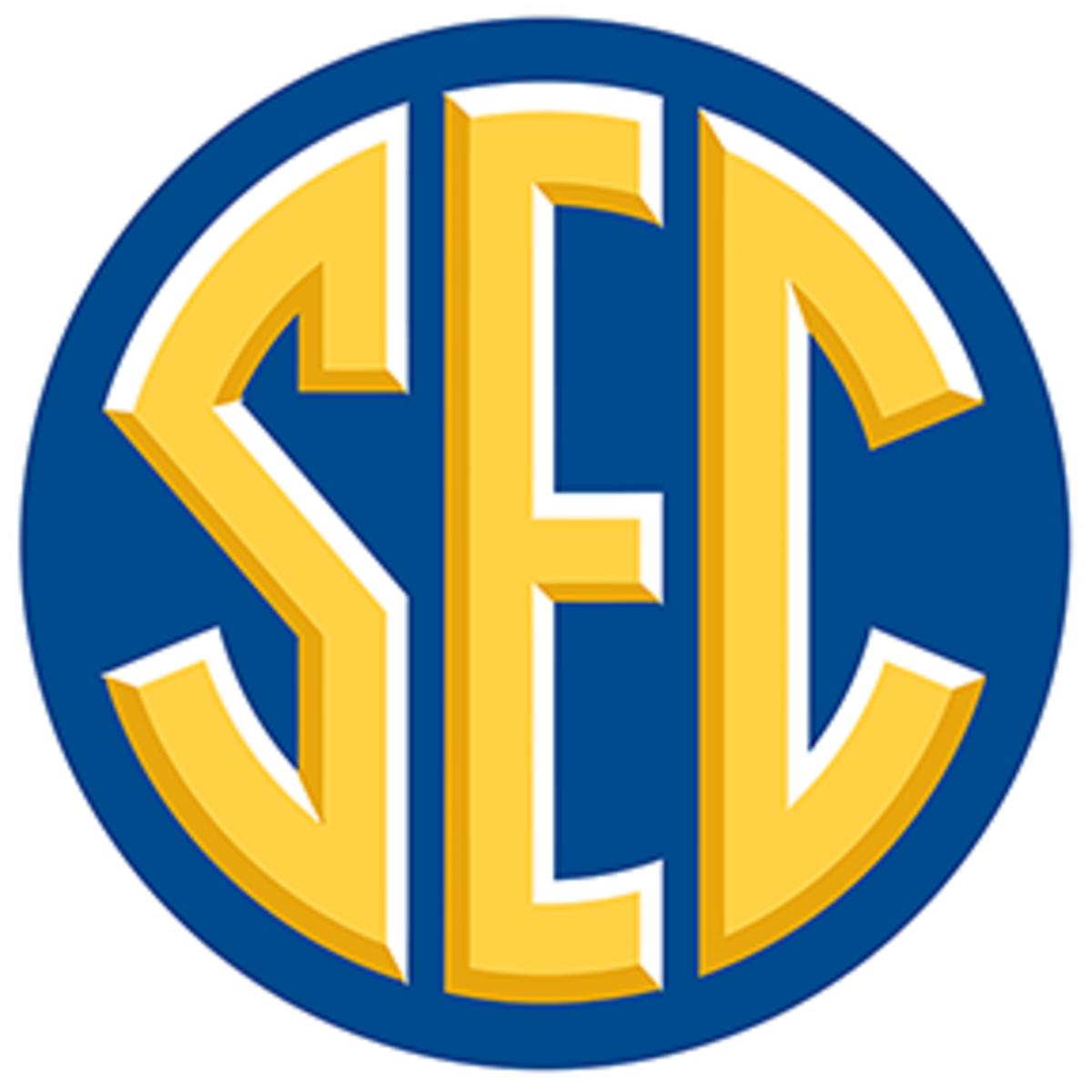
Automatic bids:
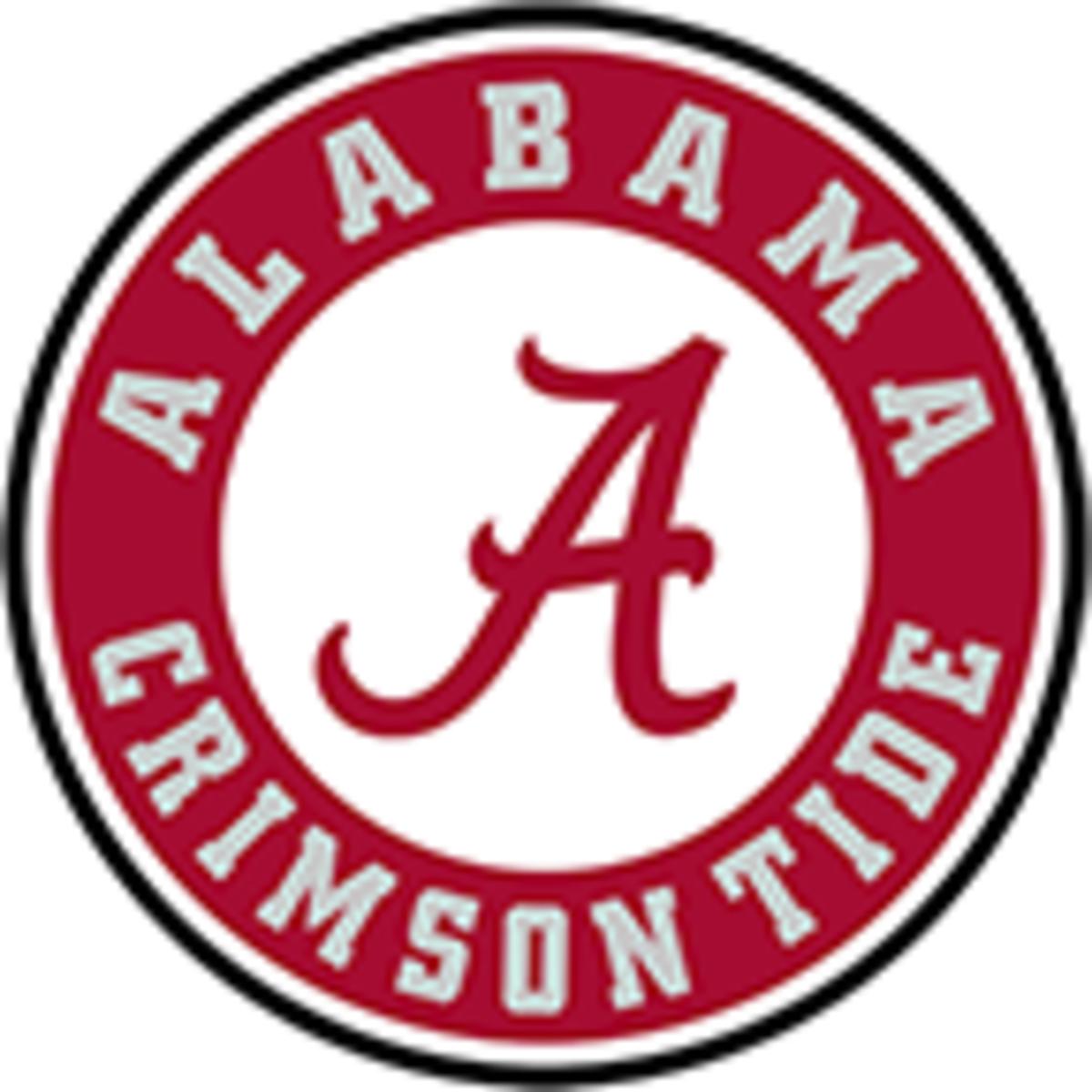
ALABAMA CRIMSON TIDE
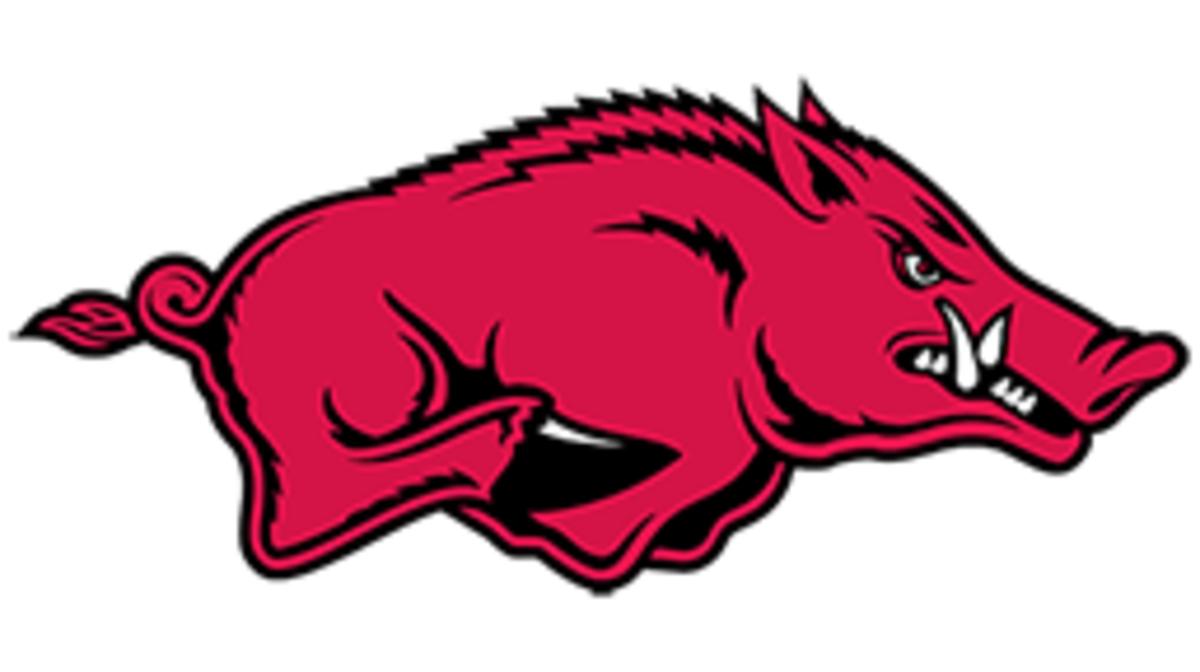
ARKANSAS RAZORBACKS
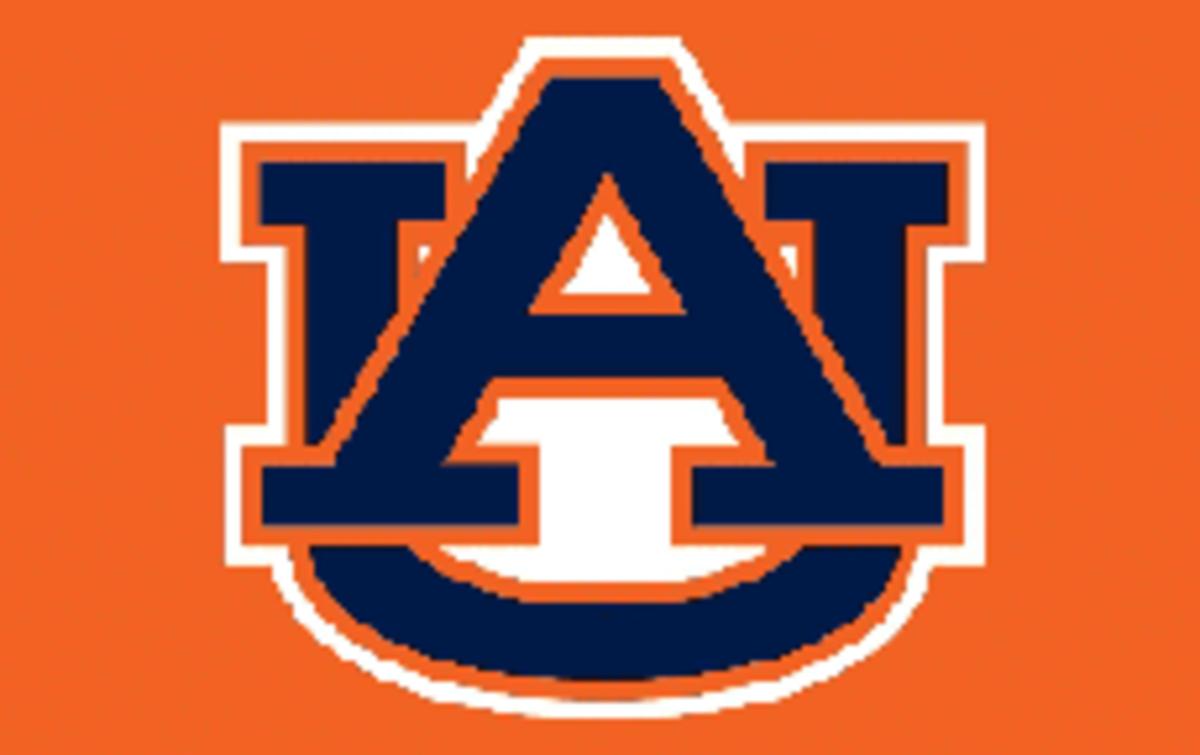
AUBURN TIGERS
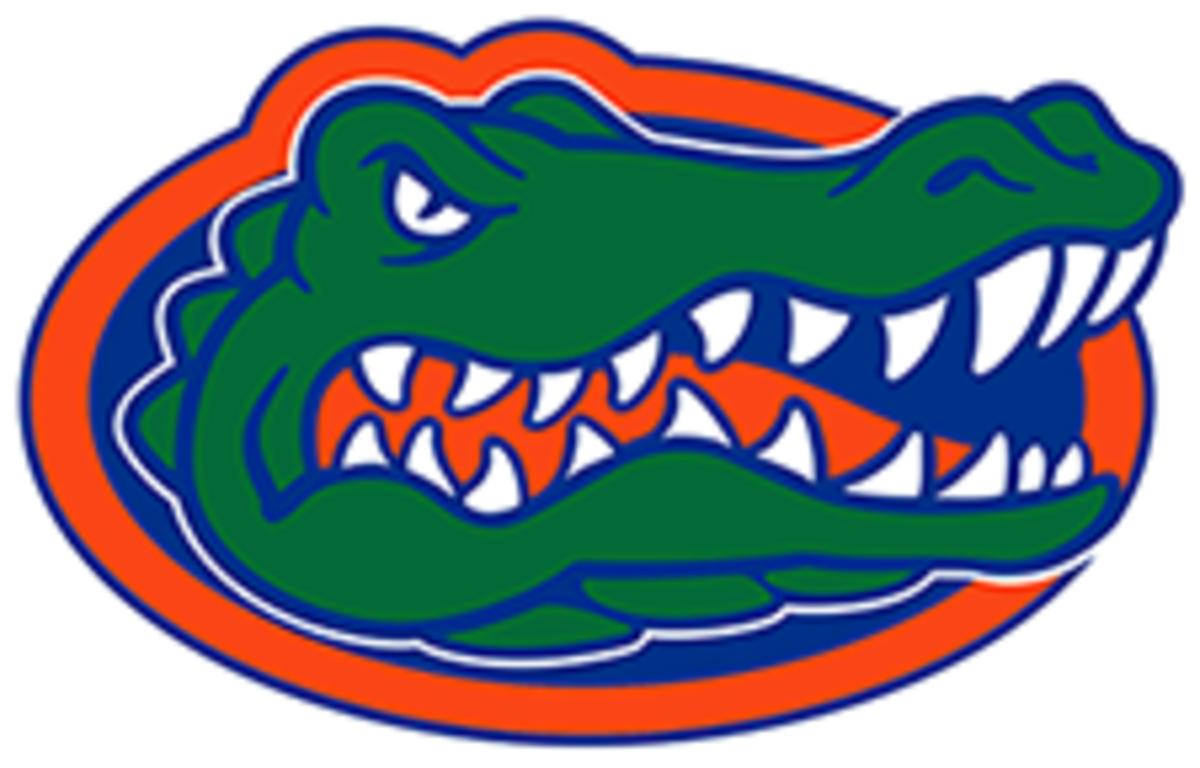
FLORIDA GATORS
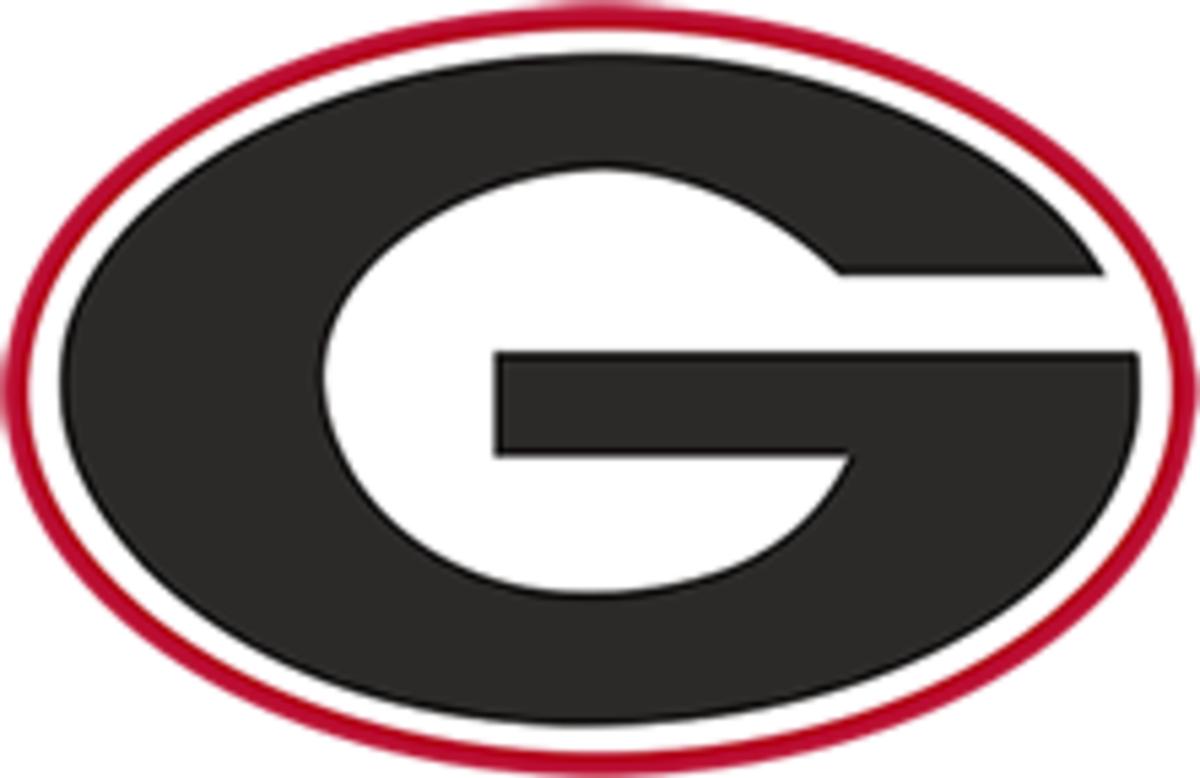
GEORGIA BULLDOGS
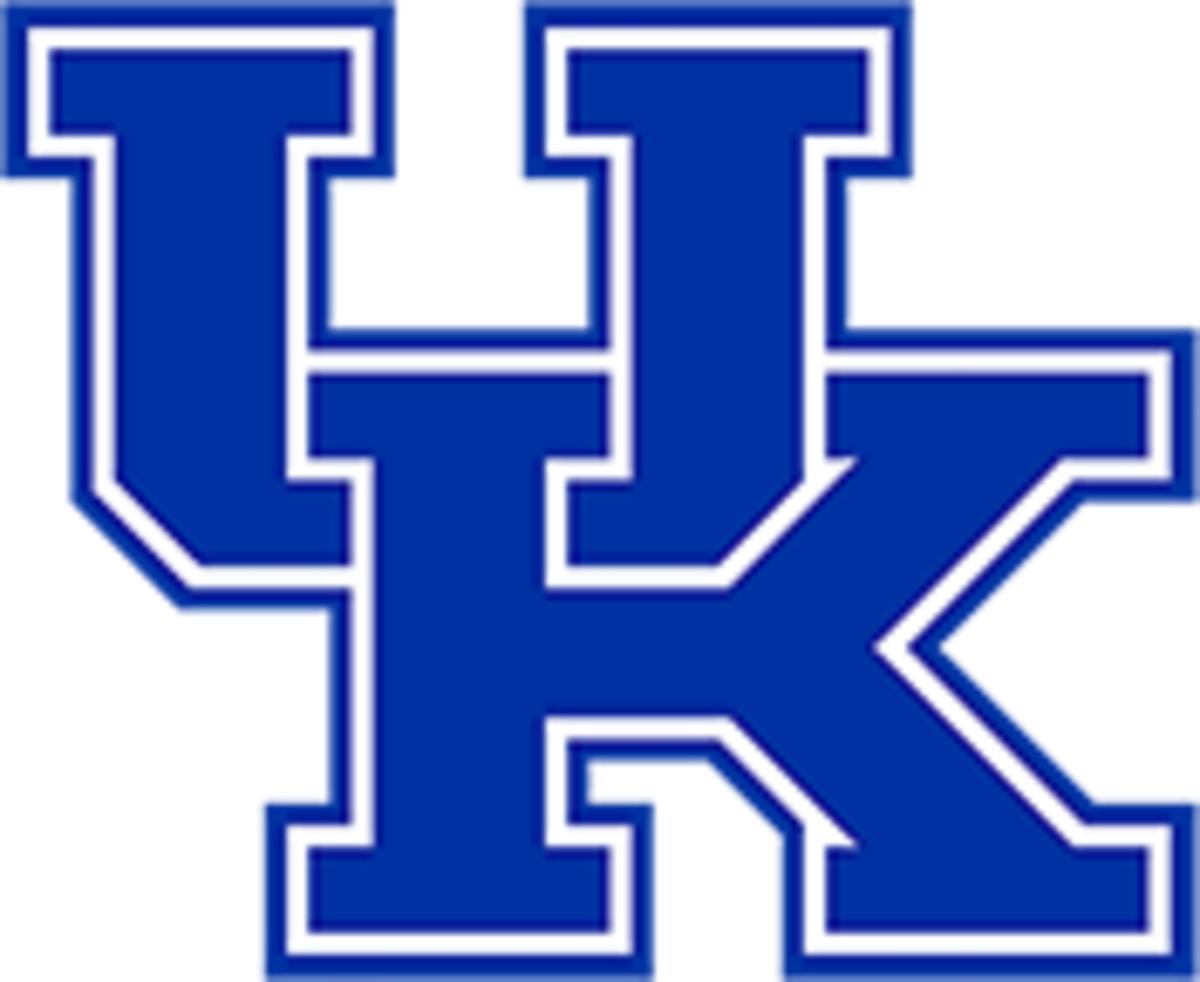
KENTUCKY WILDCATS
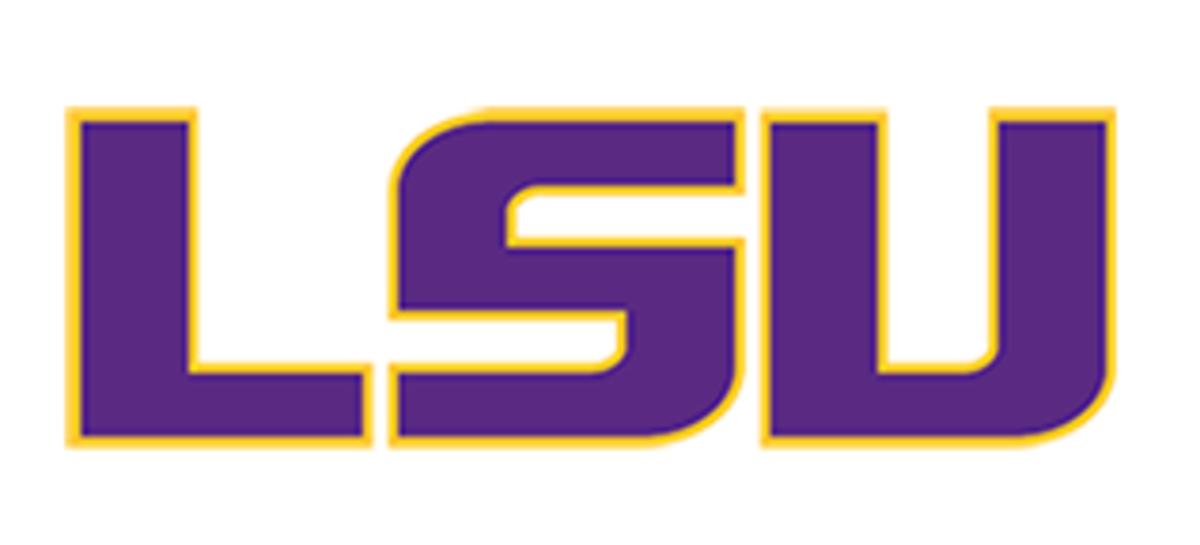
LSU TIGERS
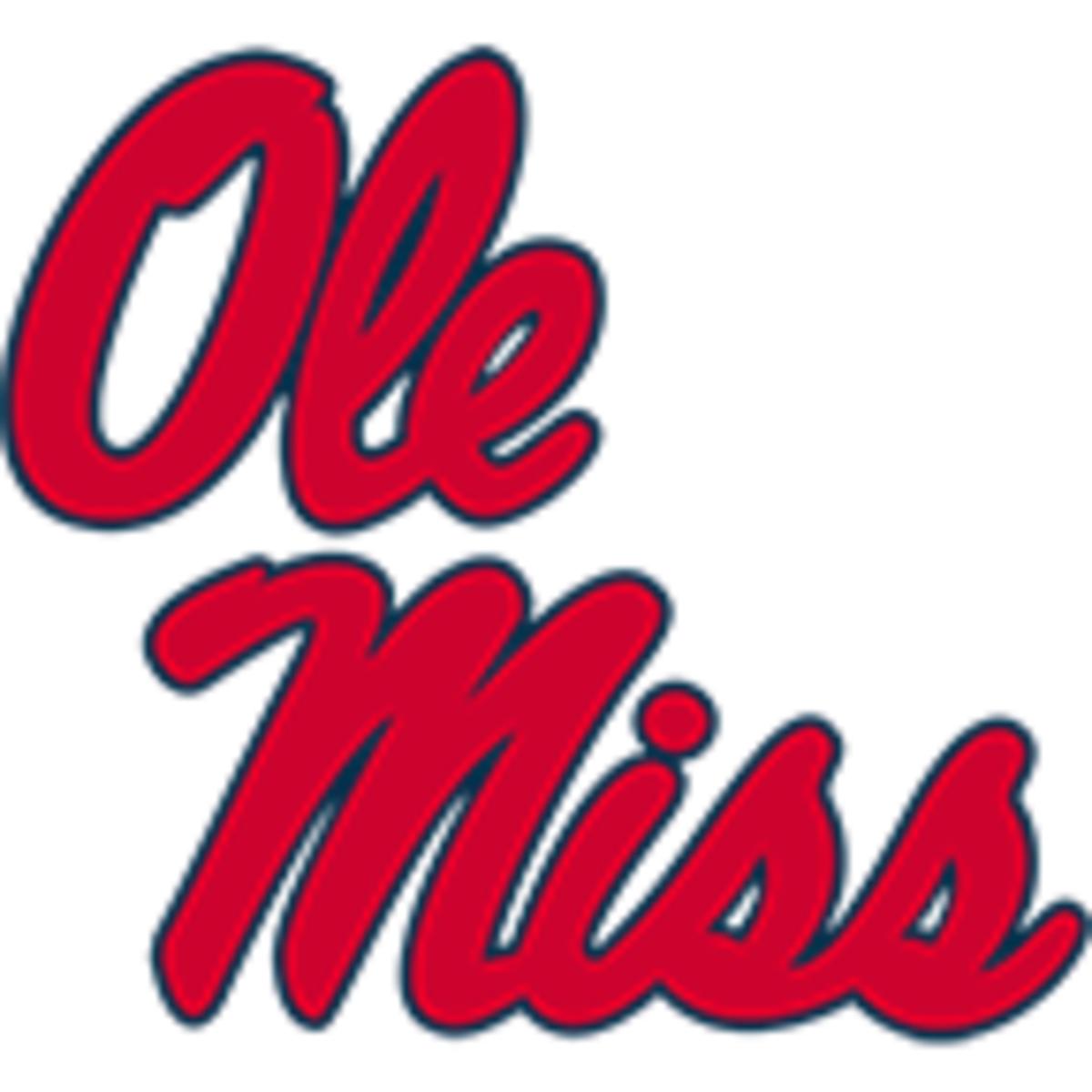
OLE MISS REBELS
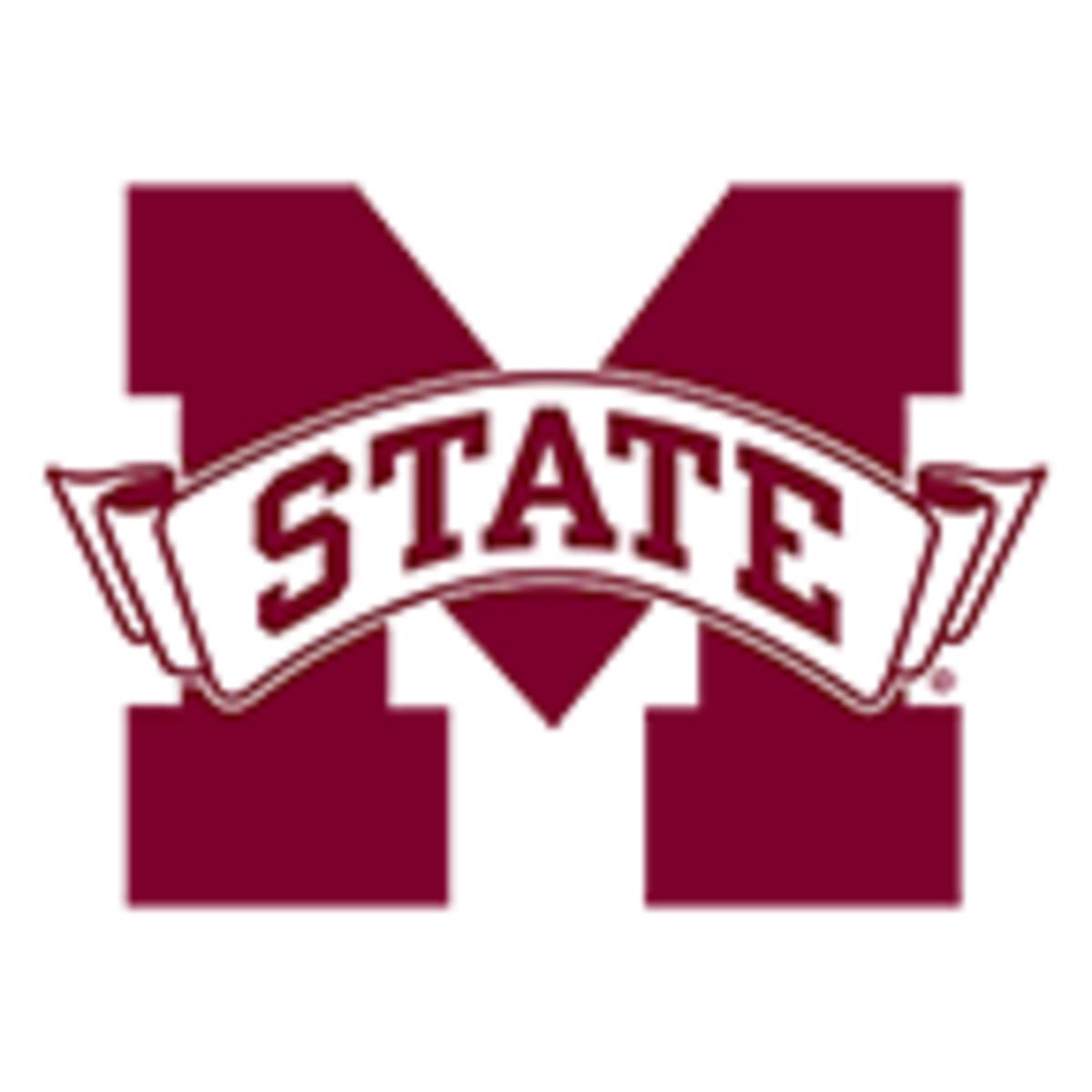
MISSISSIPPI STATE BULLDOGS
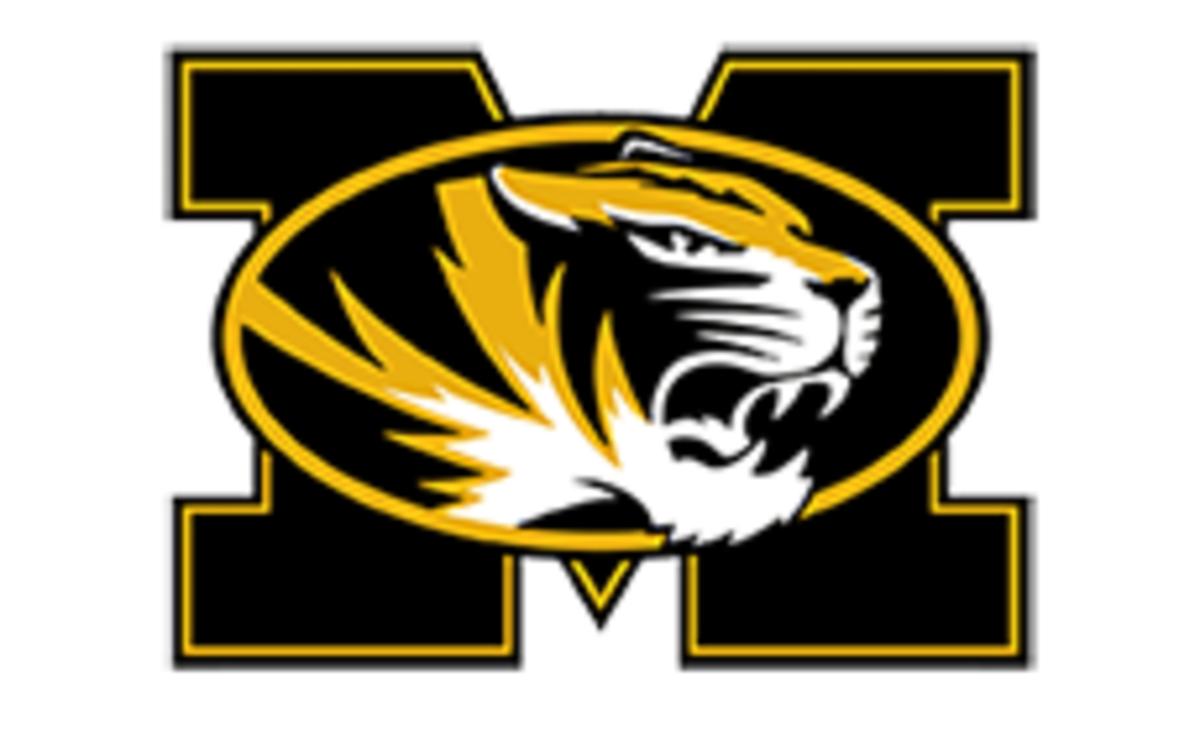
MISSOURI TIGERS
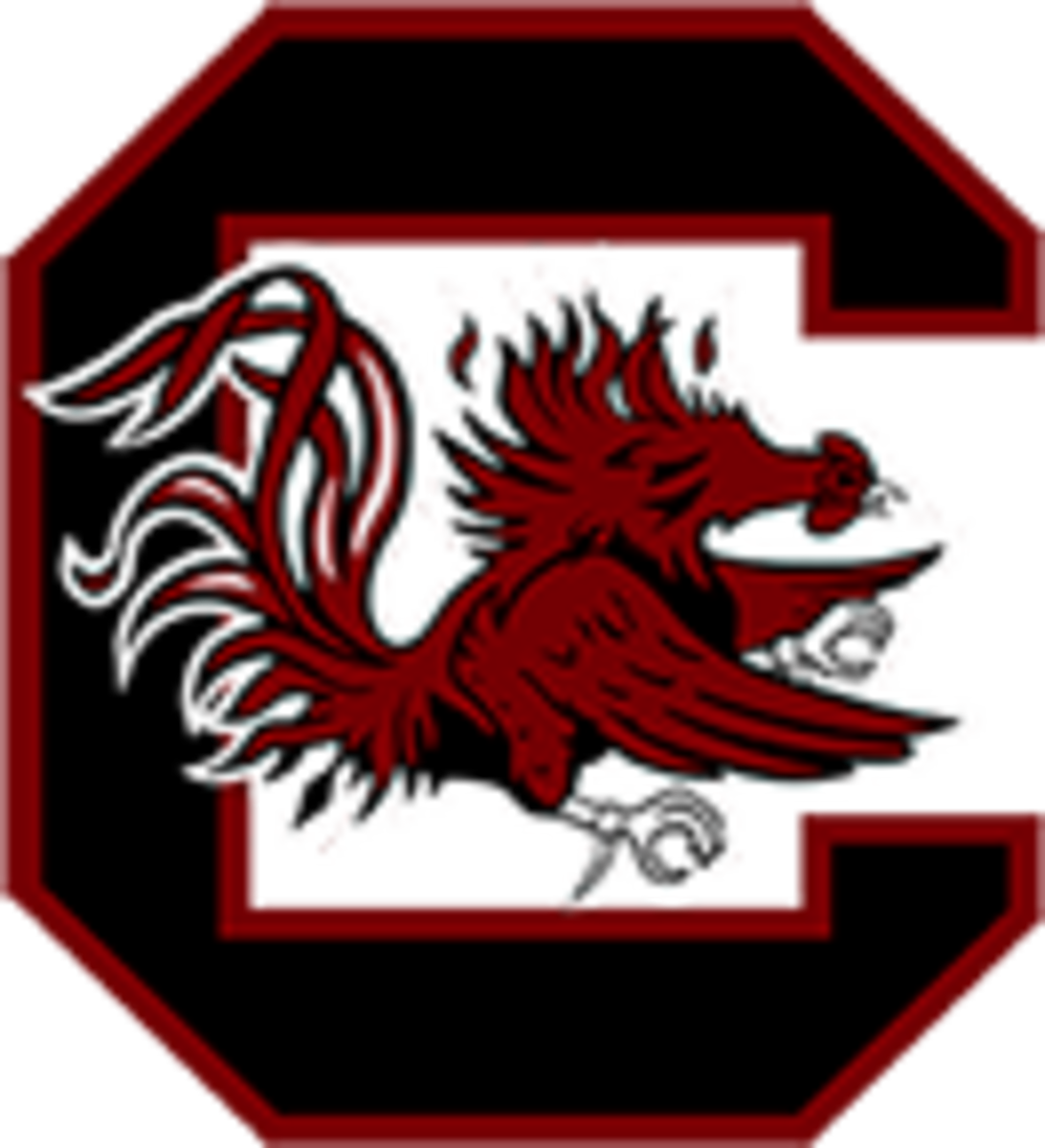
SOUTH CAROLINA GAMECOCKS
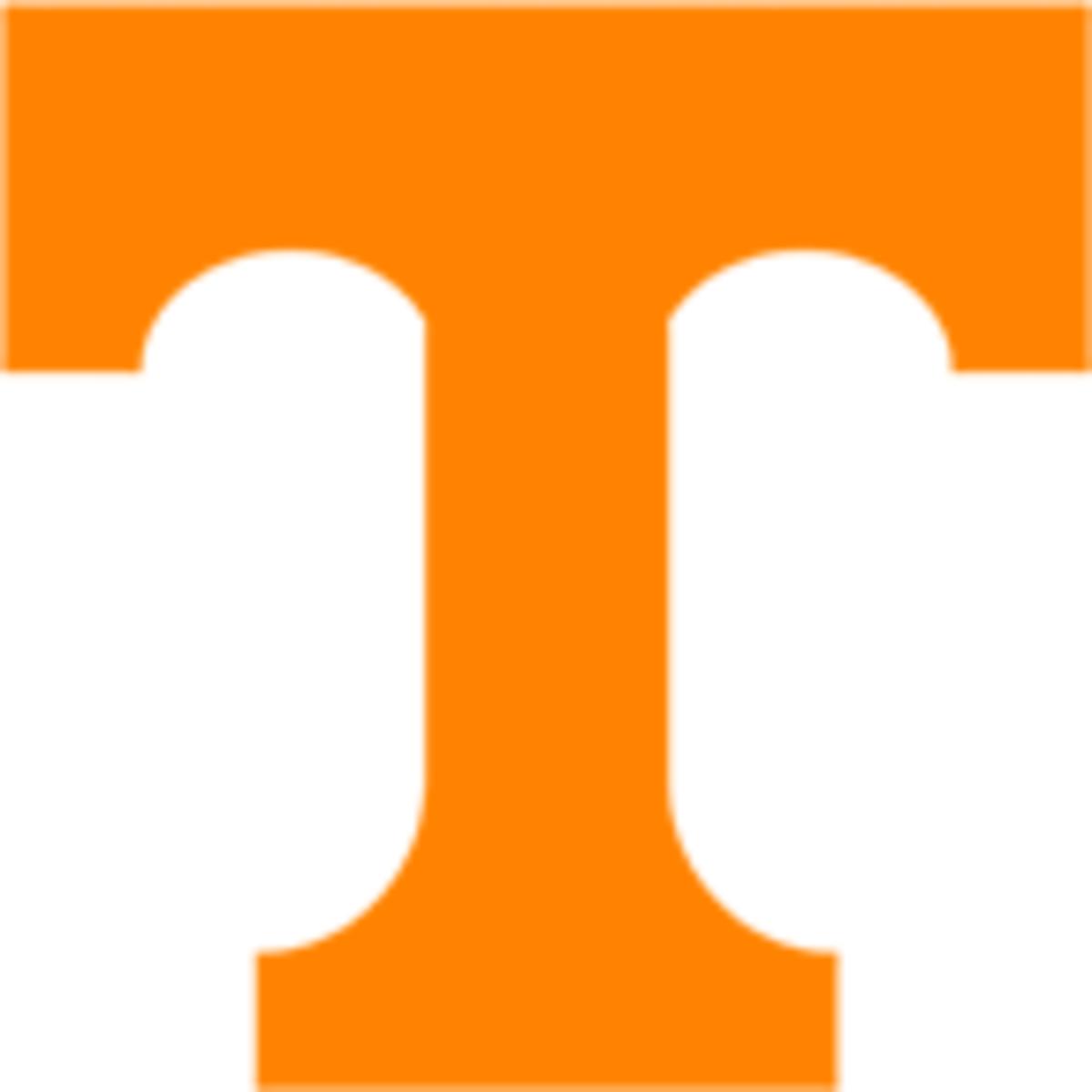
TENNESSEE VOLUNTEERS
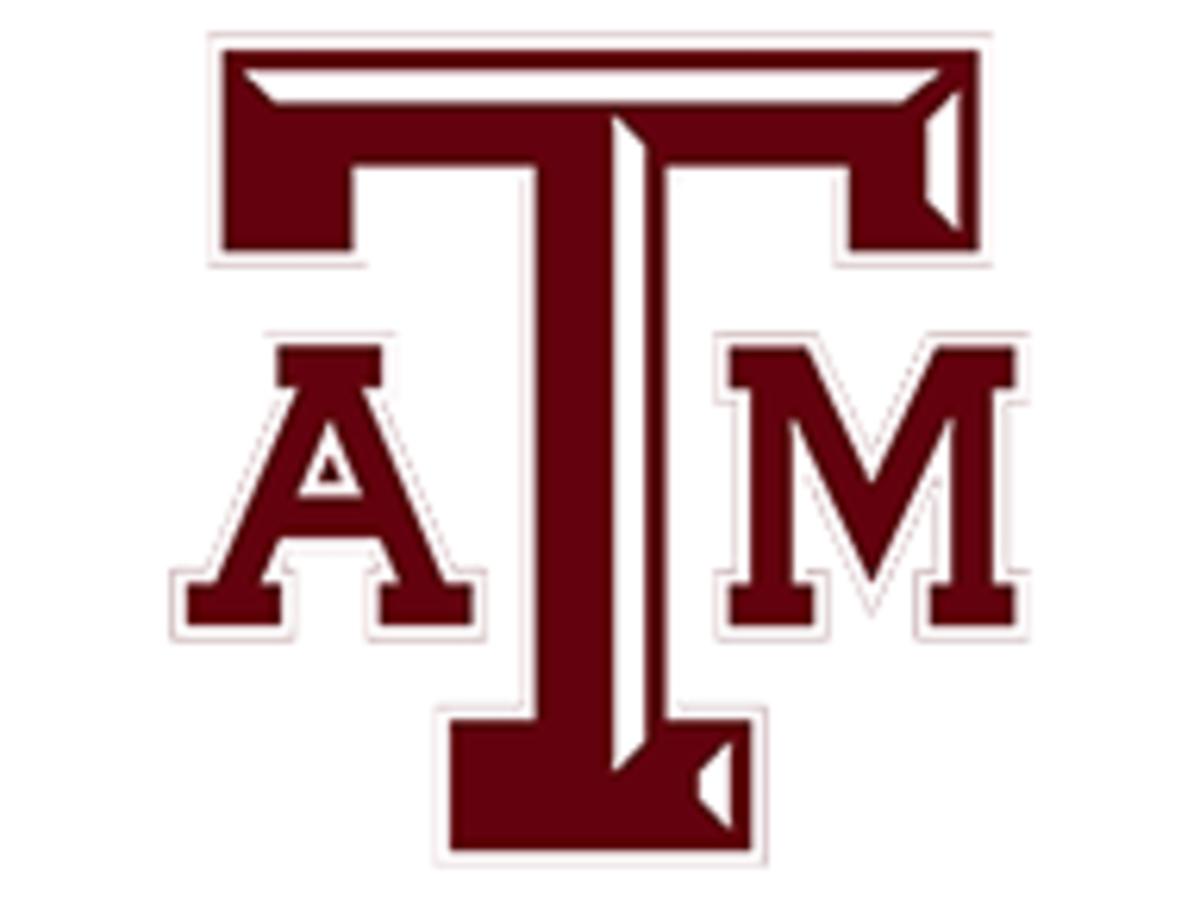
TEXAS A&M AGGIES
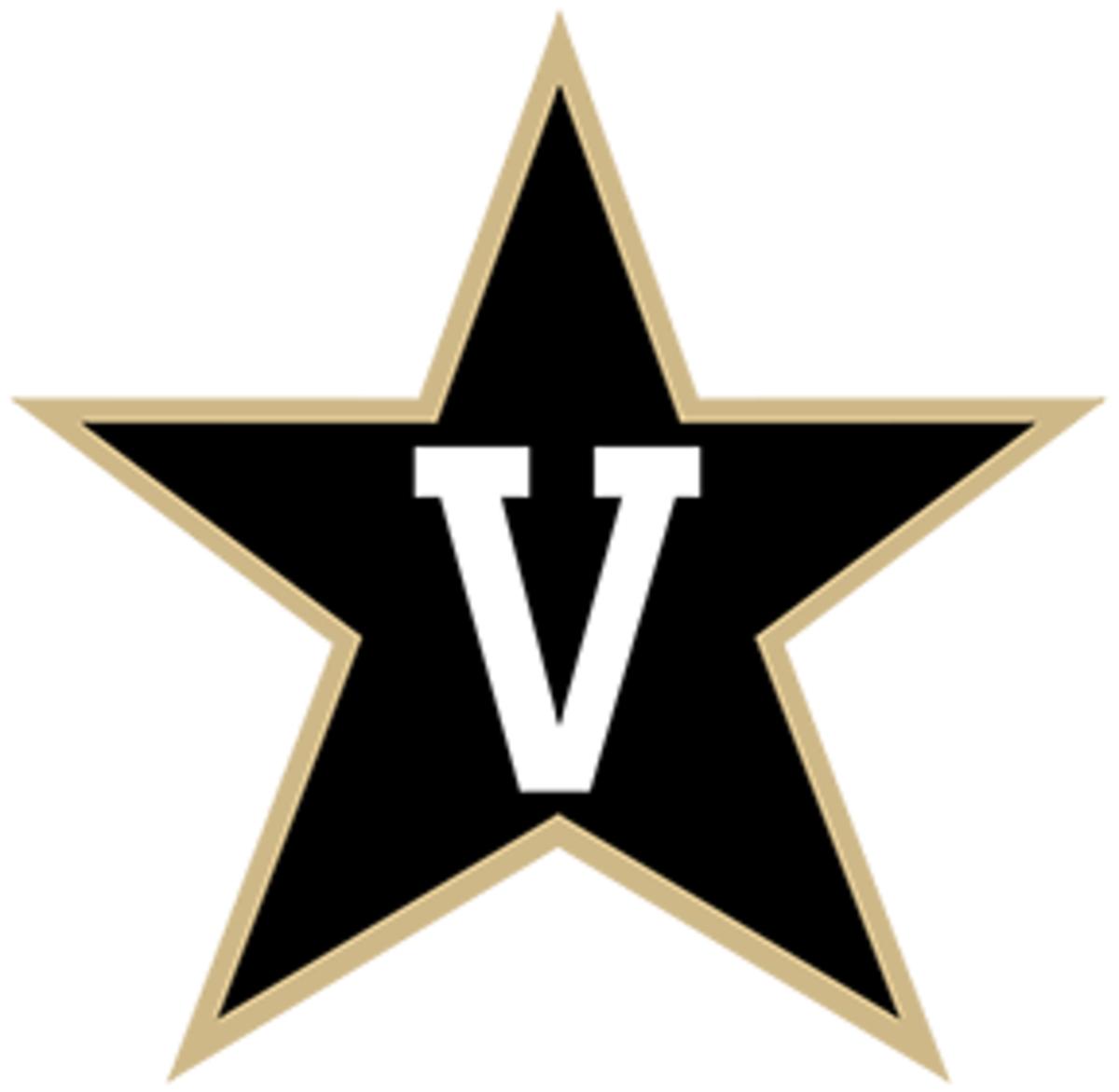
VANDERBILT COMMODORES
Some may scoff at Texas and Oklahoma not being on the automatic bids list.
However, nothing is set in stone until a school schedules its first games, so the Longhorns and Sooners still fall under the invitees section.
Invitees:

CLEMSON
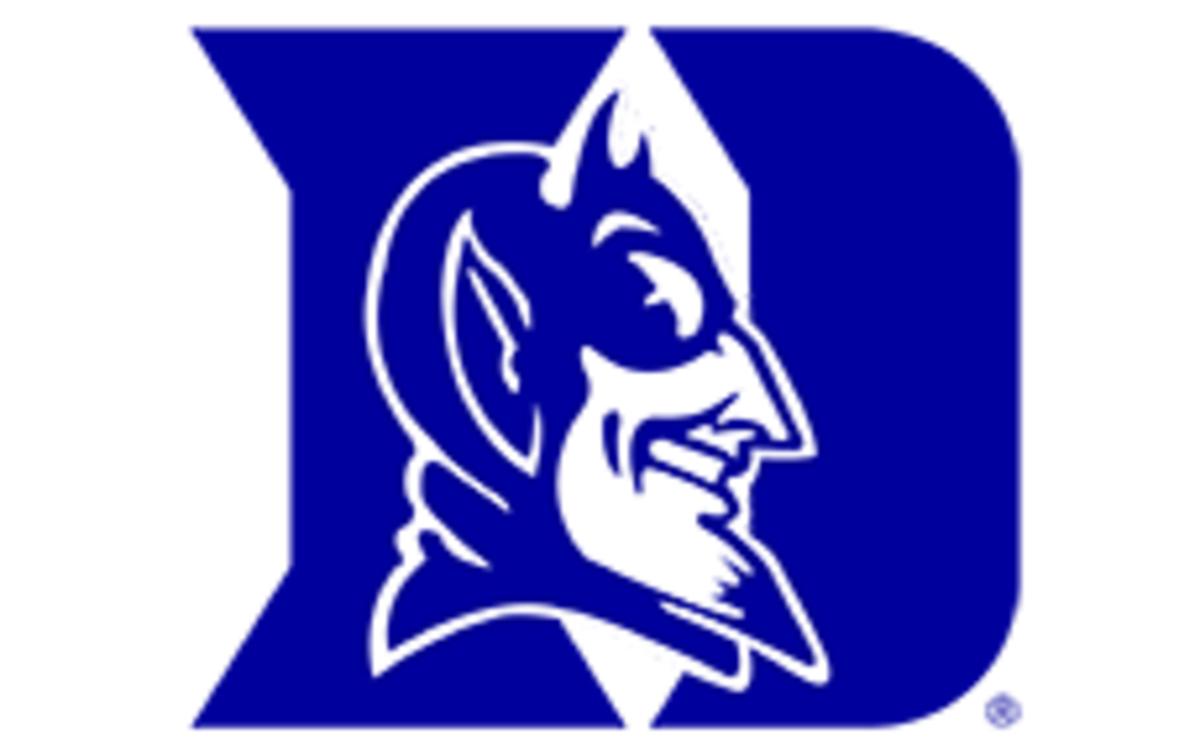
DUKE
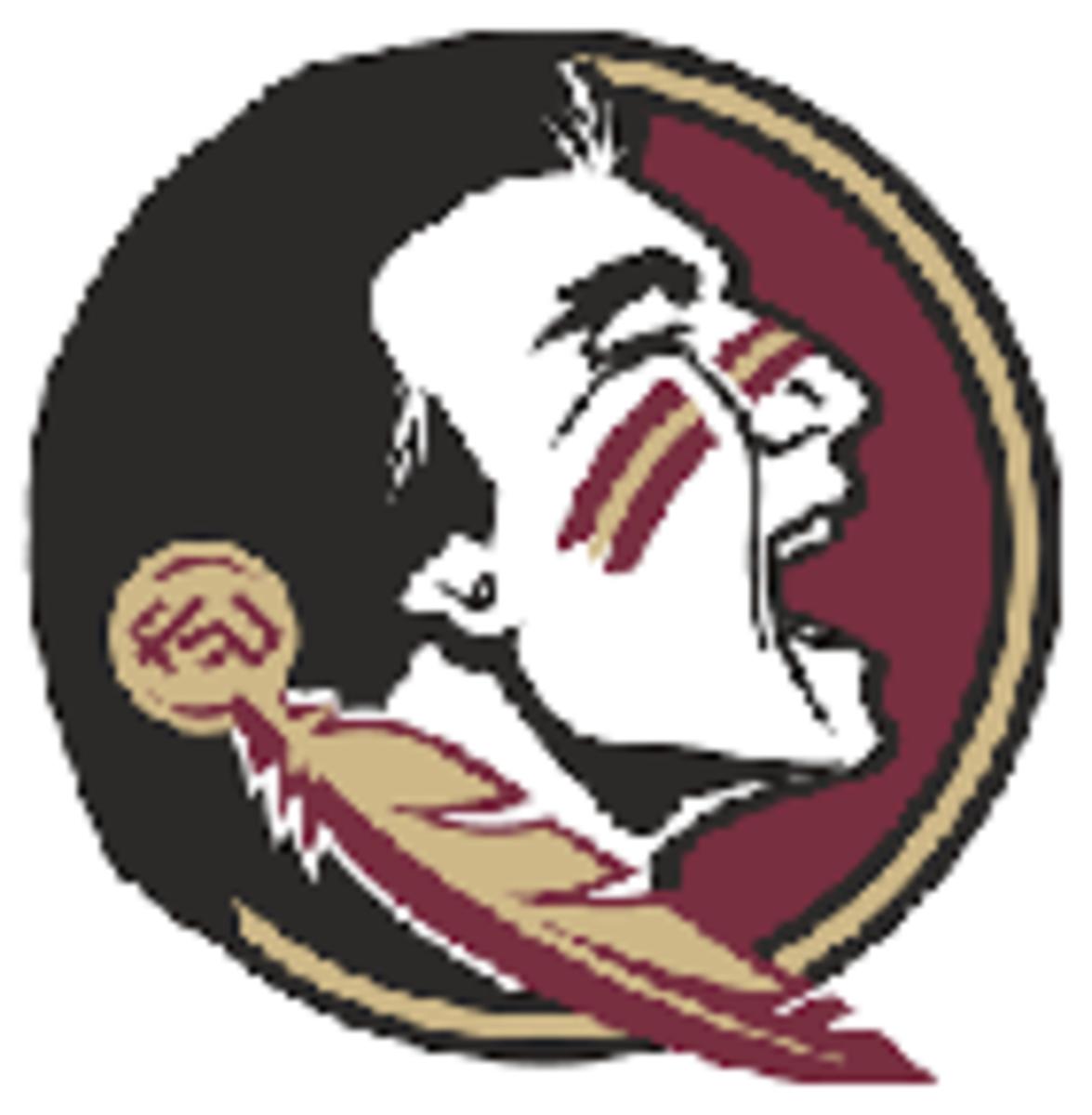
FLORIDA STATE
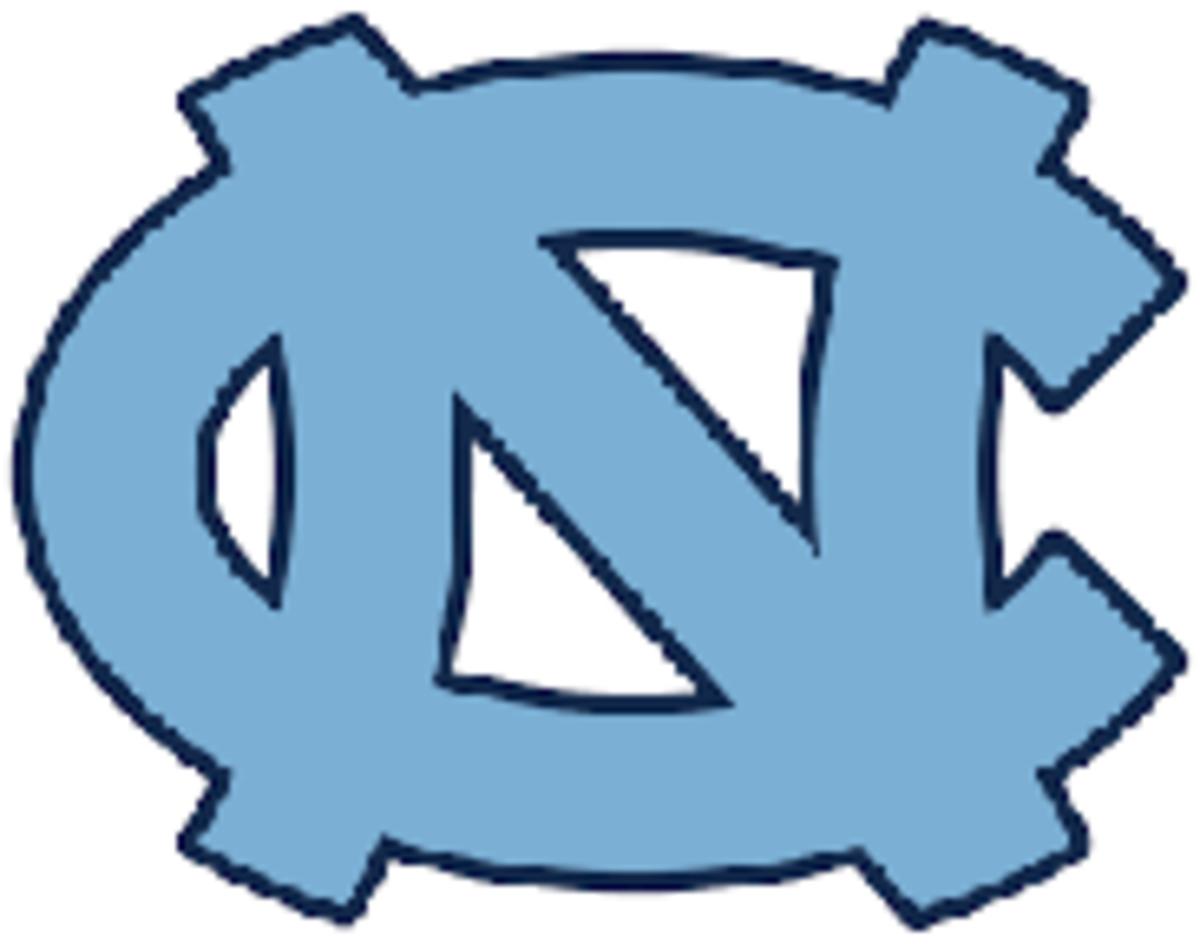
NORTH CAROLINA
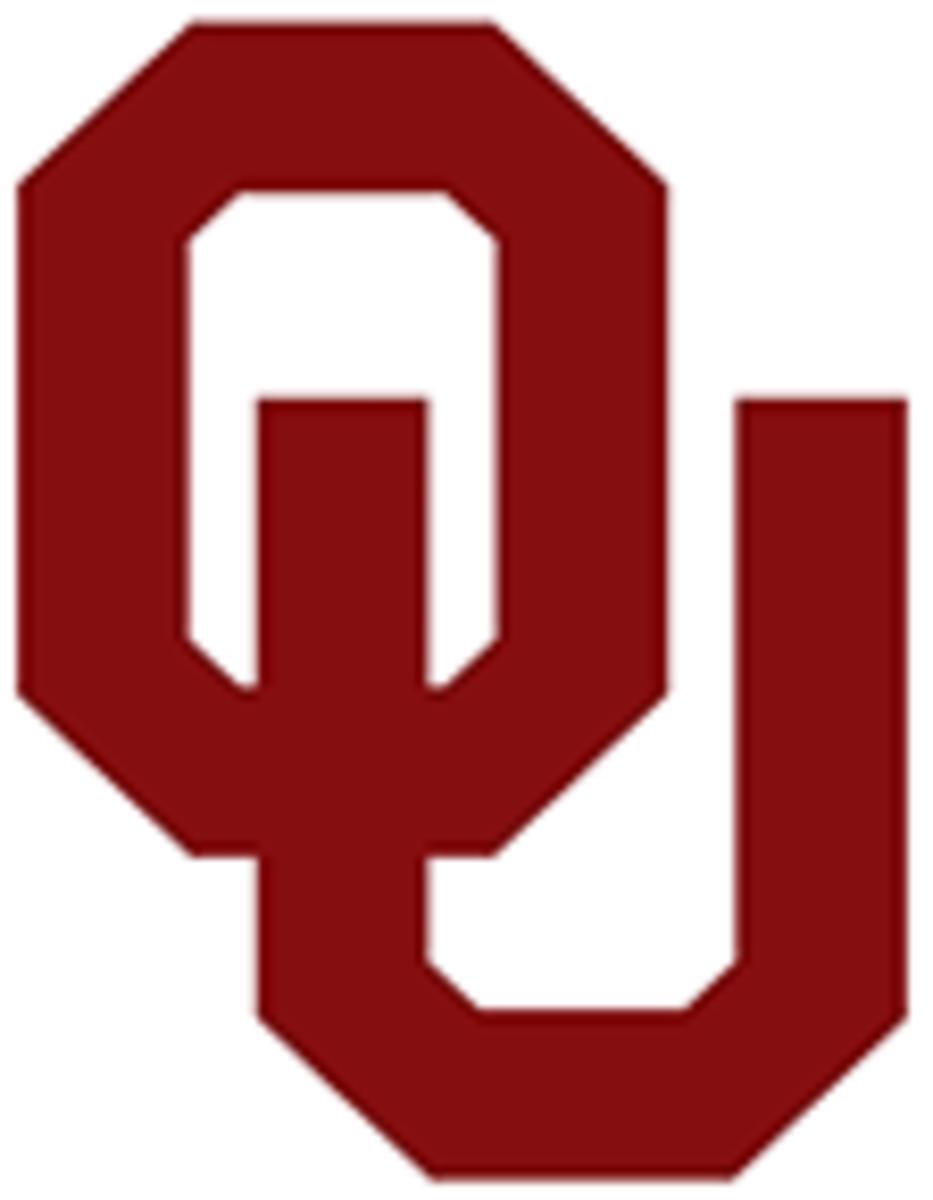
OKLAHOMA

TEXAS
Duke is fortunate it's an icon of college basketball. Without that designation, the Blue Devils would have found themselves left out in the cold.
However, we now get to see the combination of Arkansas, Kentucky, North Carolina and Duke every year. These are four teams that have played a lot of legendary basketball against each other in front of crazed fan bases over the past 40 years.
Opening up the North Carolina market to the SEC brings value. The new brands brought to the table in football, basketball and baseball in this scenario means giant dollar signs for the conference.
The biggest winner here is South Carolina. The Gamecocks get to play rival Clemson on a more regular basis while also getting to take part in the battle of the Carolinas with North Carolina.
POD SET-UP
POD 1
North Carolina, Duke, Clemson, South Carolina, Kentucky
POD 2
Florida, Florida St., Georgia, Auburn, Mississippi St.
POD 3
Missouri, Alabama, Vanderbilt, Ole Miss, Tennessee
POD 4
LSU, Arkansas, Texas A&M, Texas, Oklahoma
BIG TEN
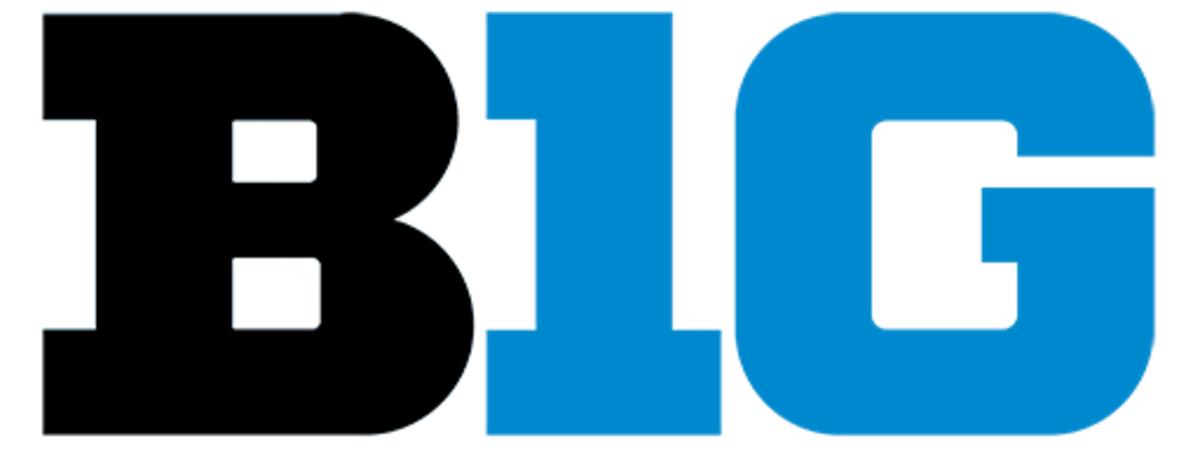
Automatic bids:
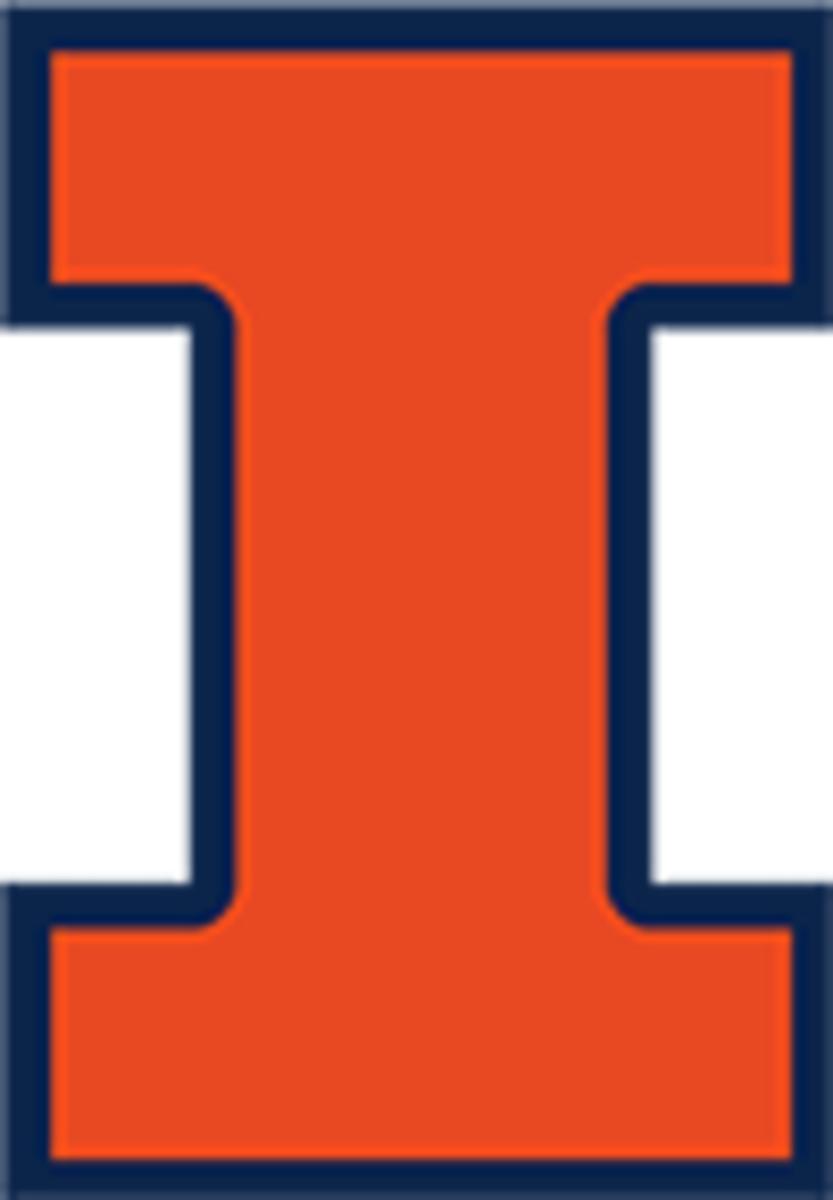
ILLINOIS
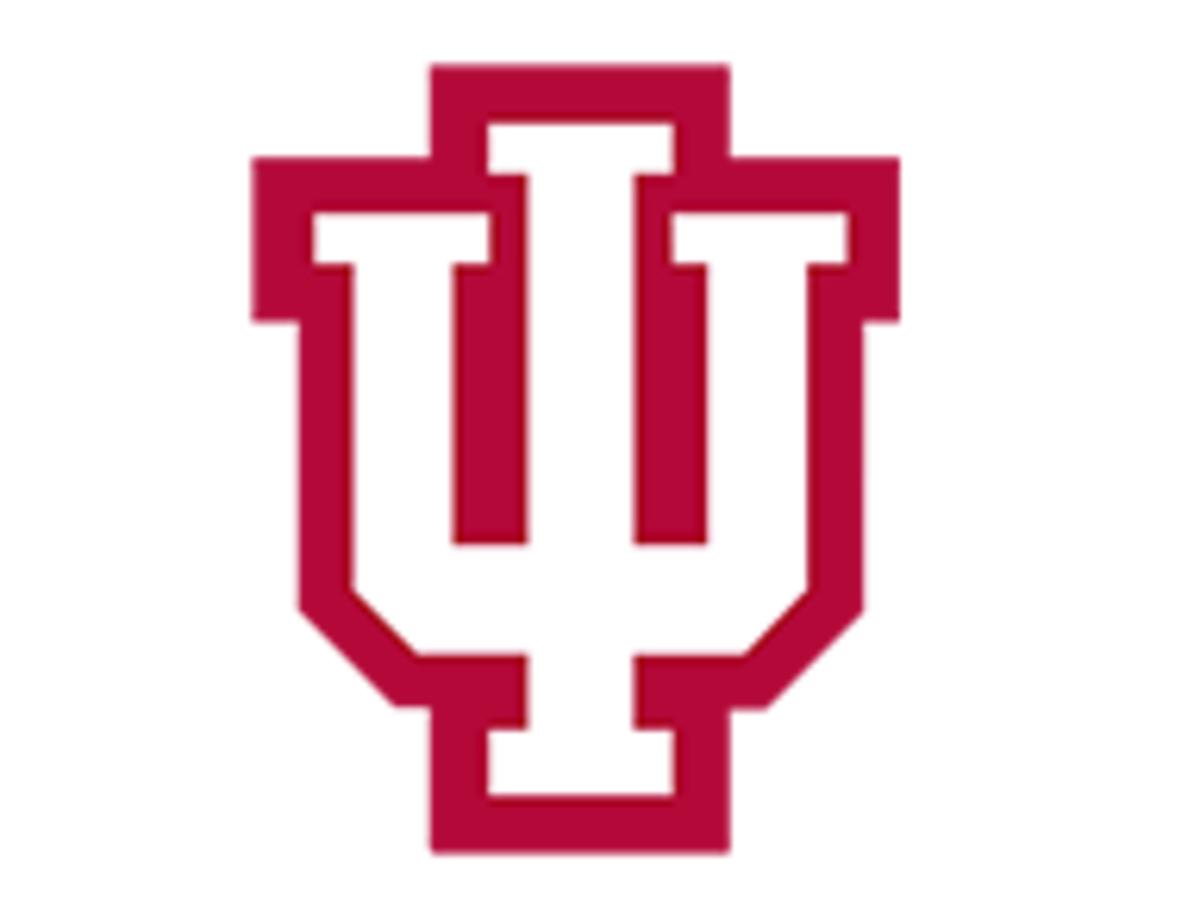
INDIANA
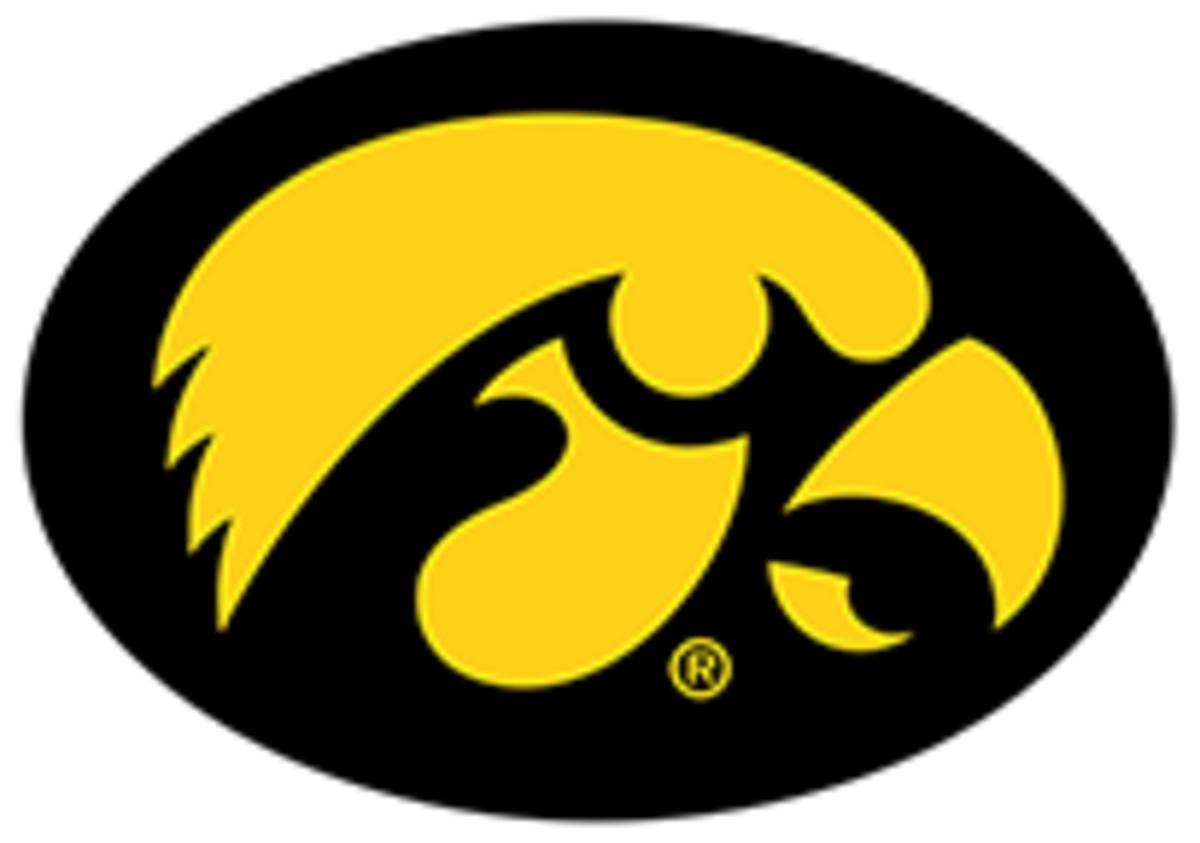
IOWA

MARYLAND
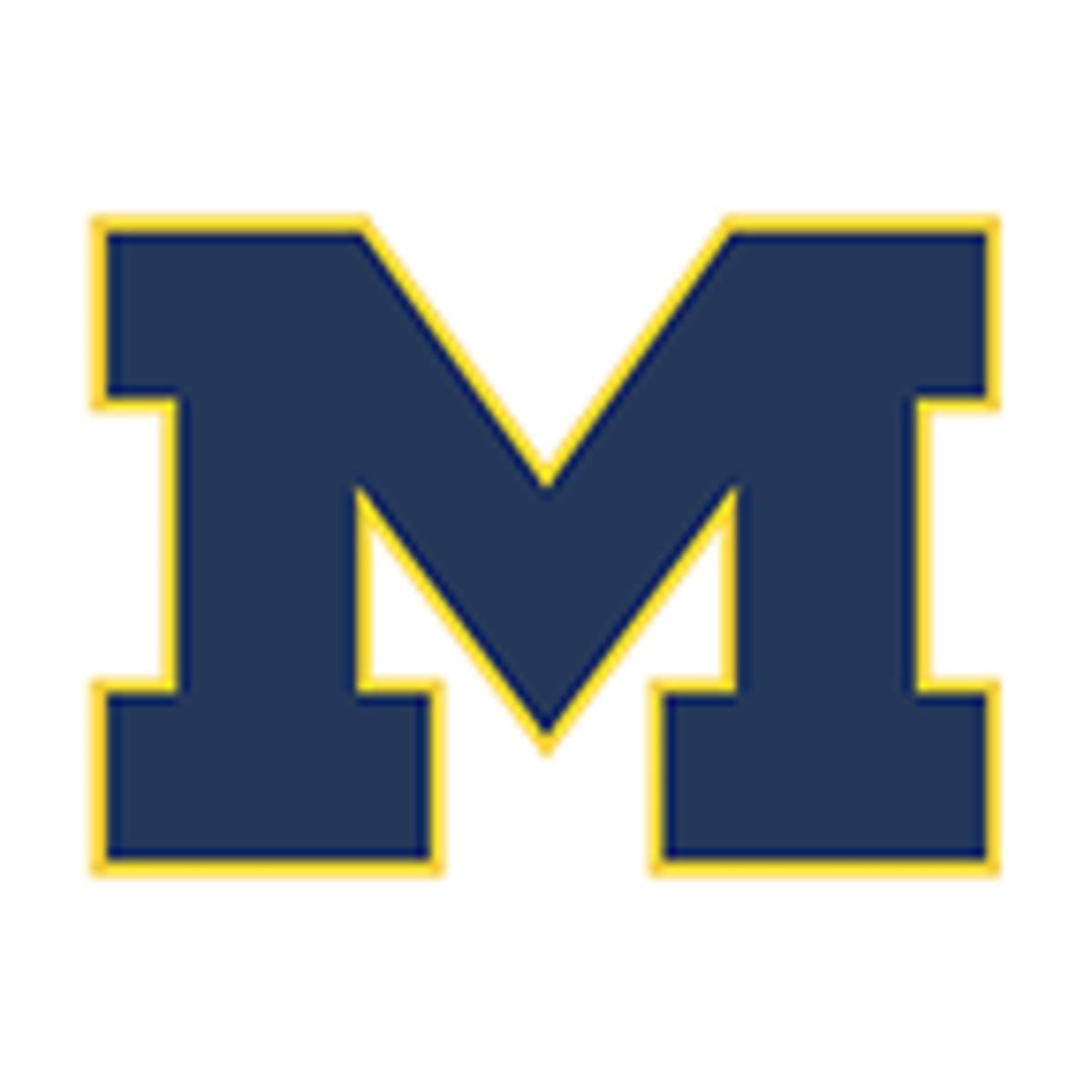
MICHIGAN
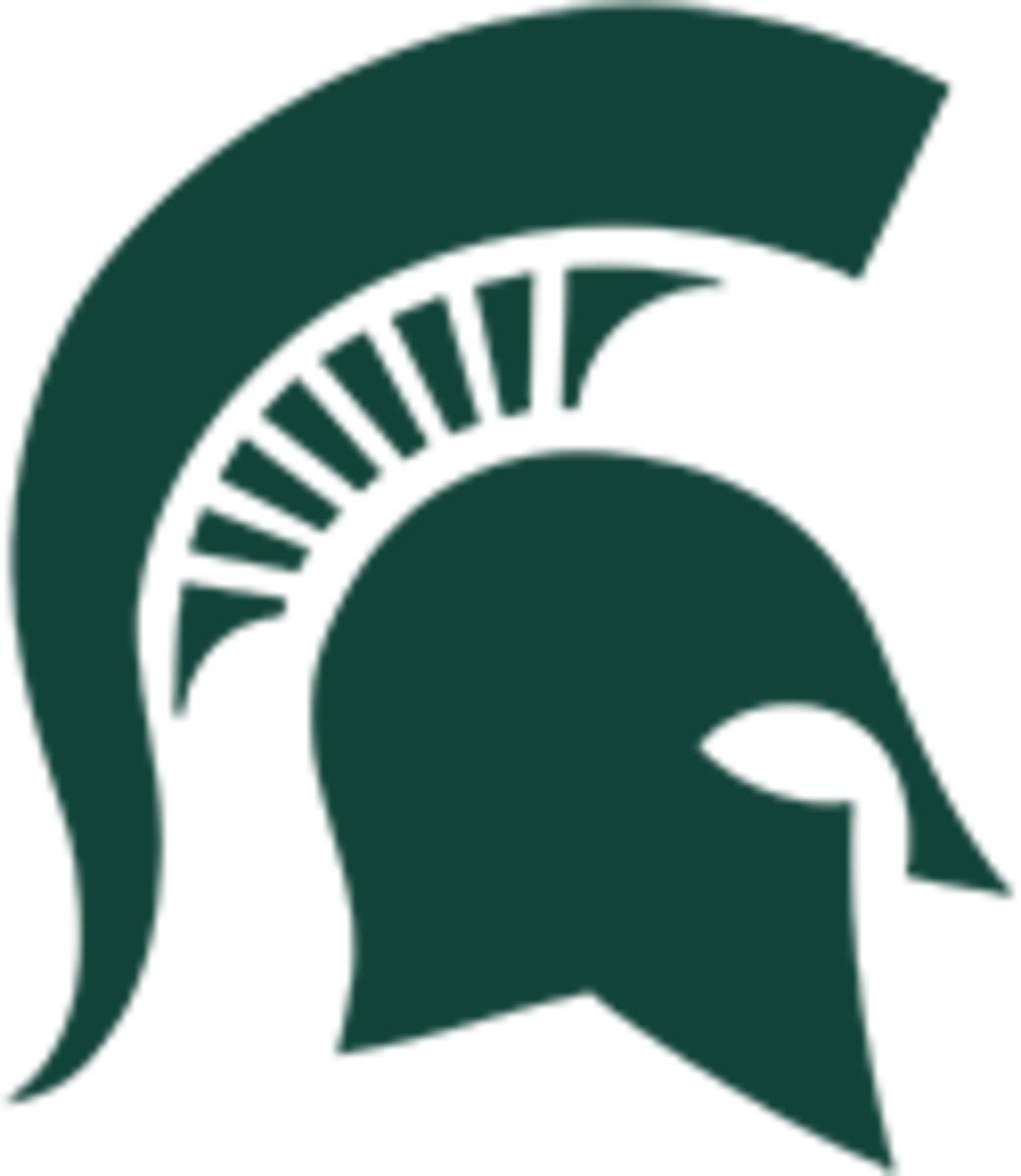
MICHIGAN ST.
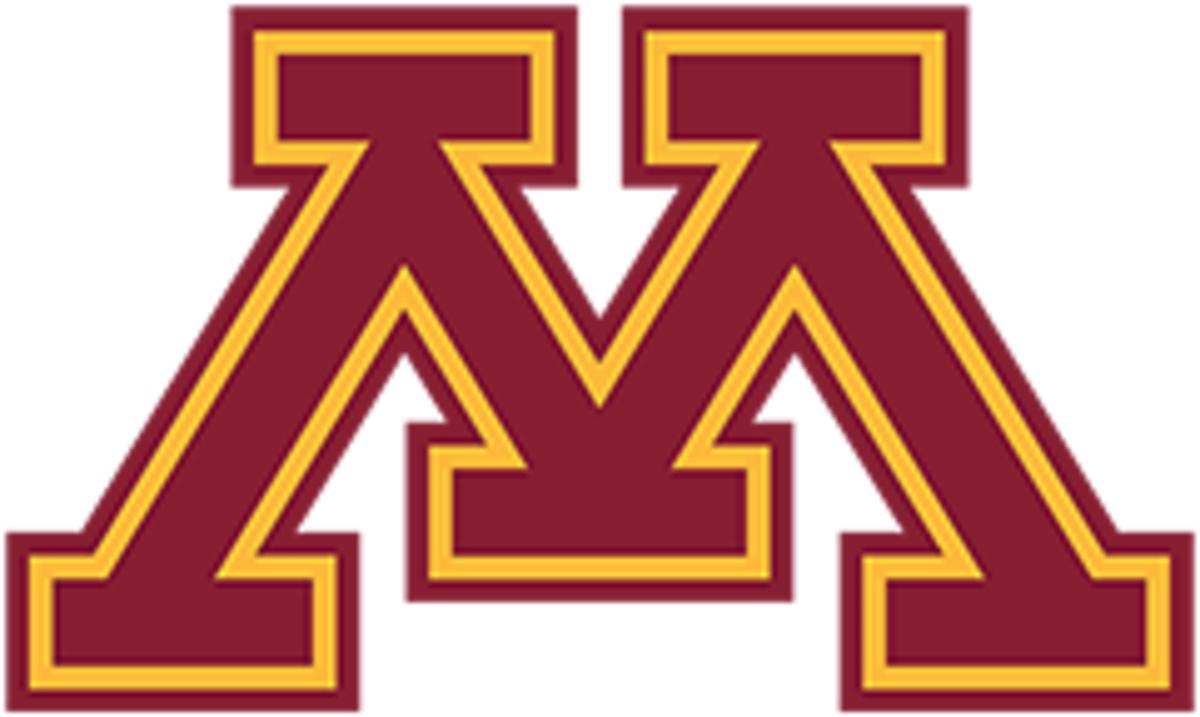
MINNESOTA
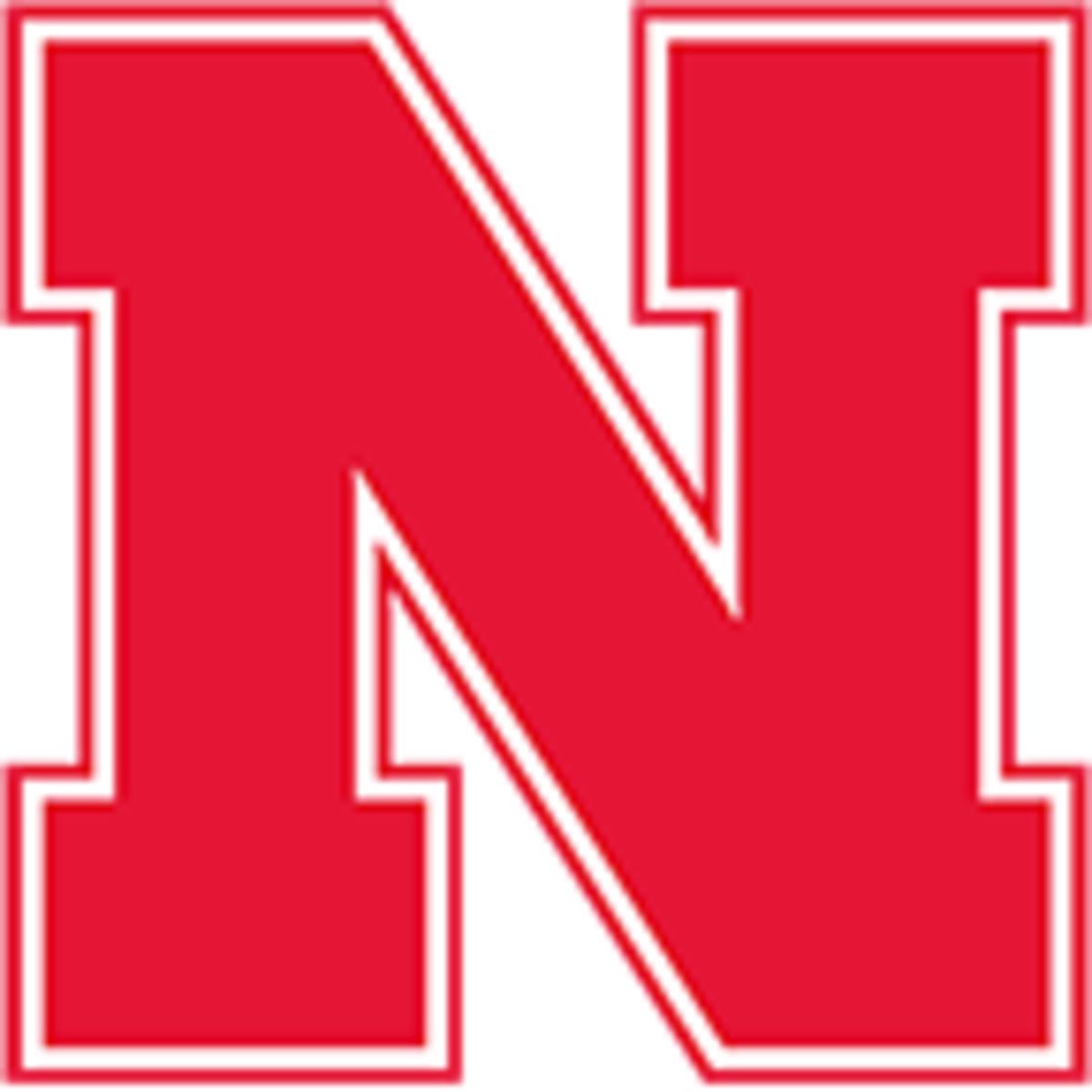
NEBRASKA

NORTHWESTERN
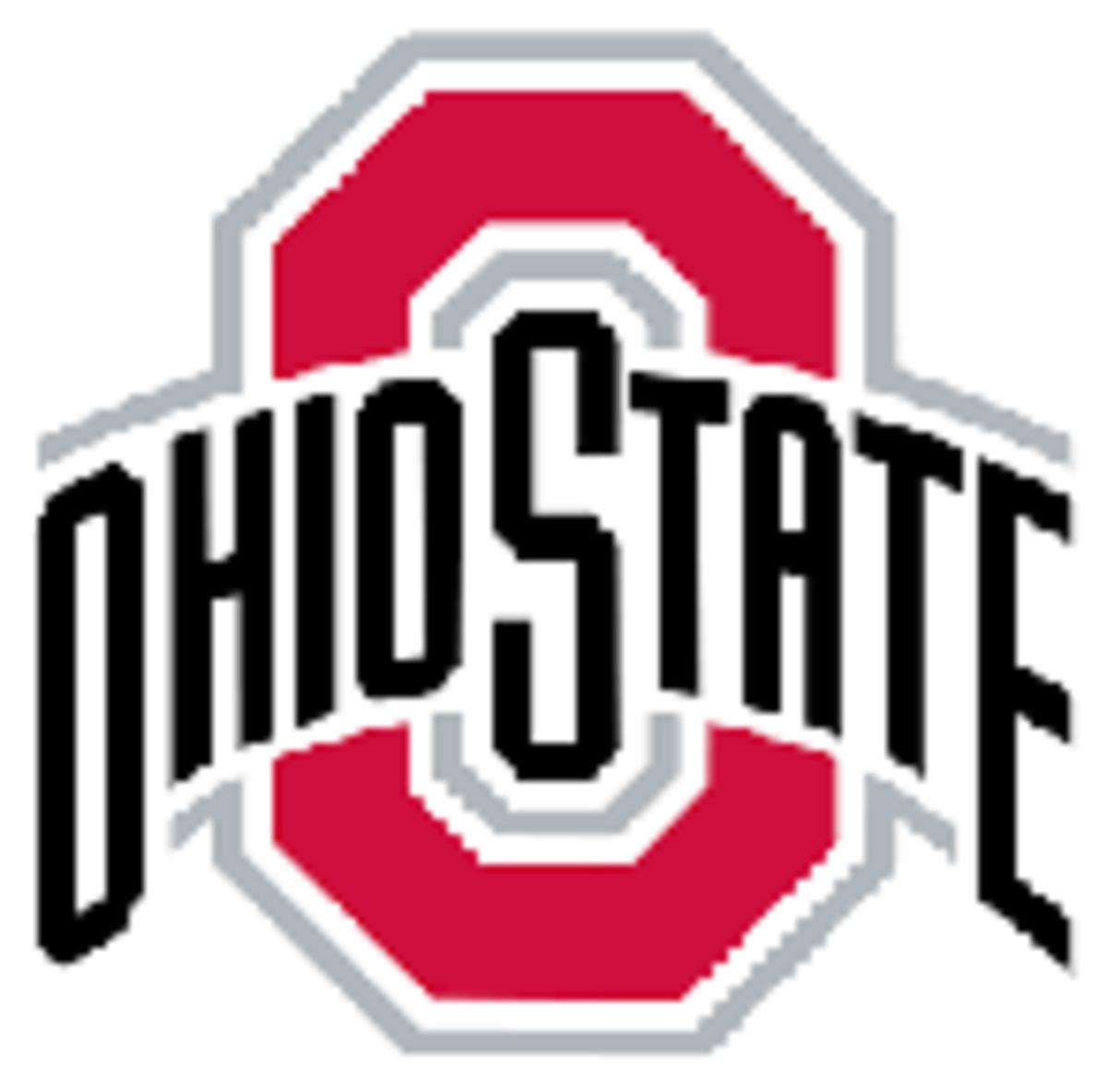
OHIO STATE
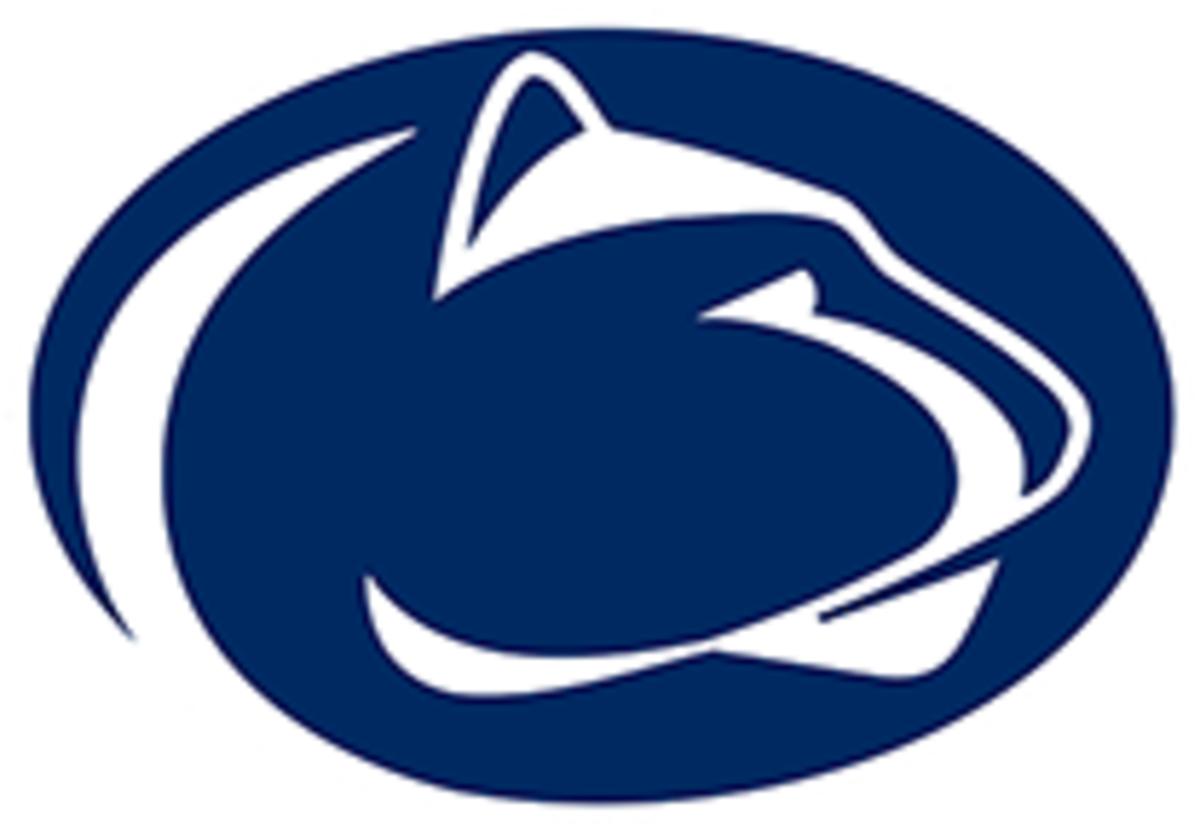
PENN STATE

PURDUE
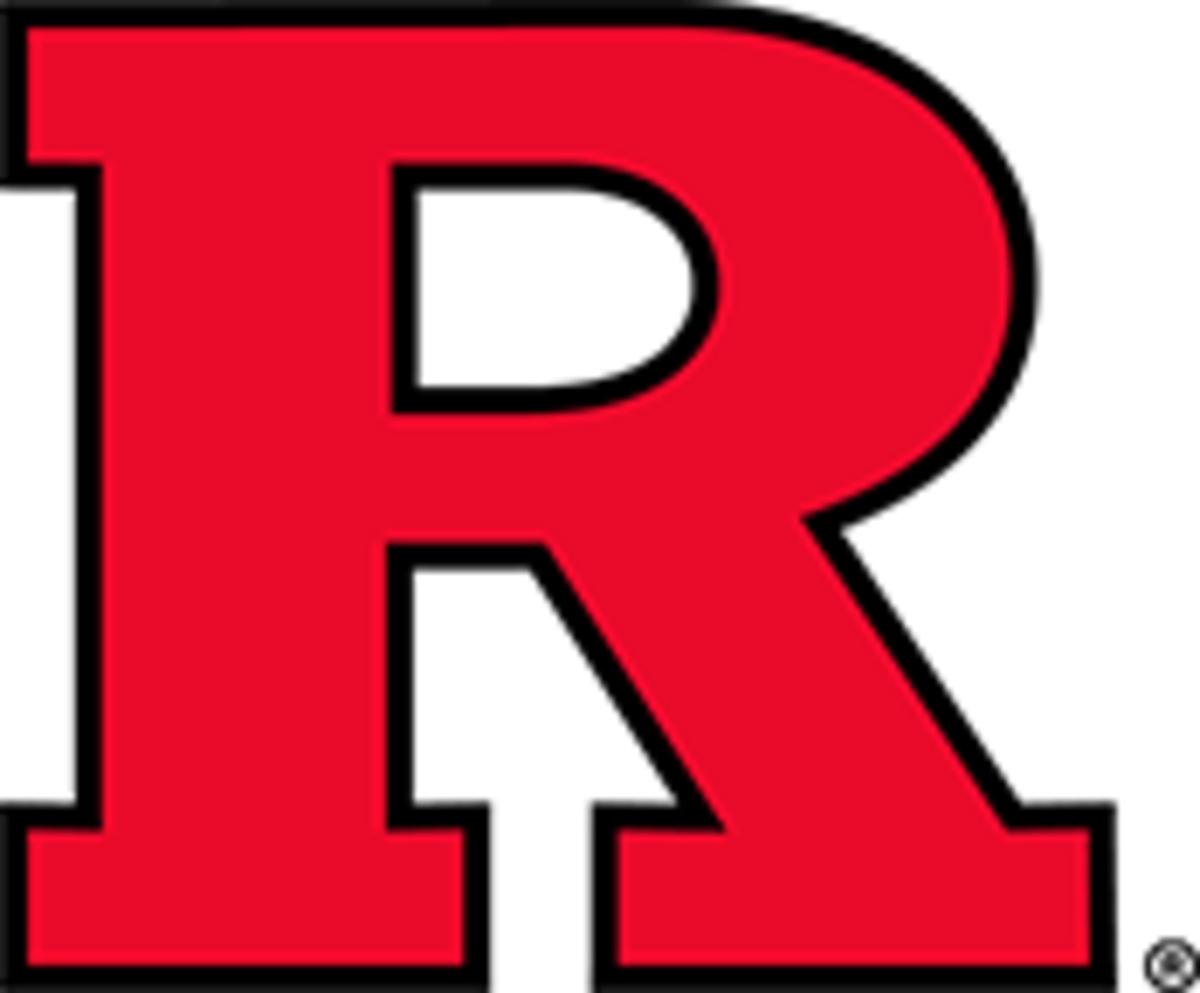
RUTGERS
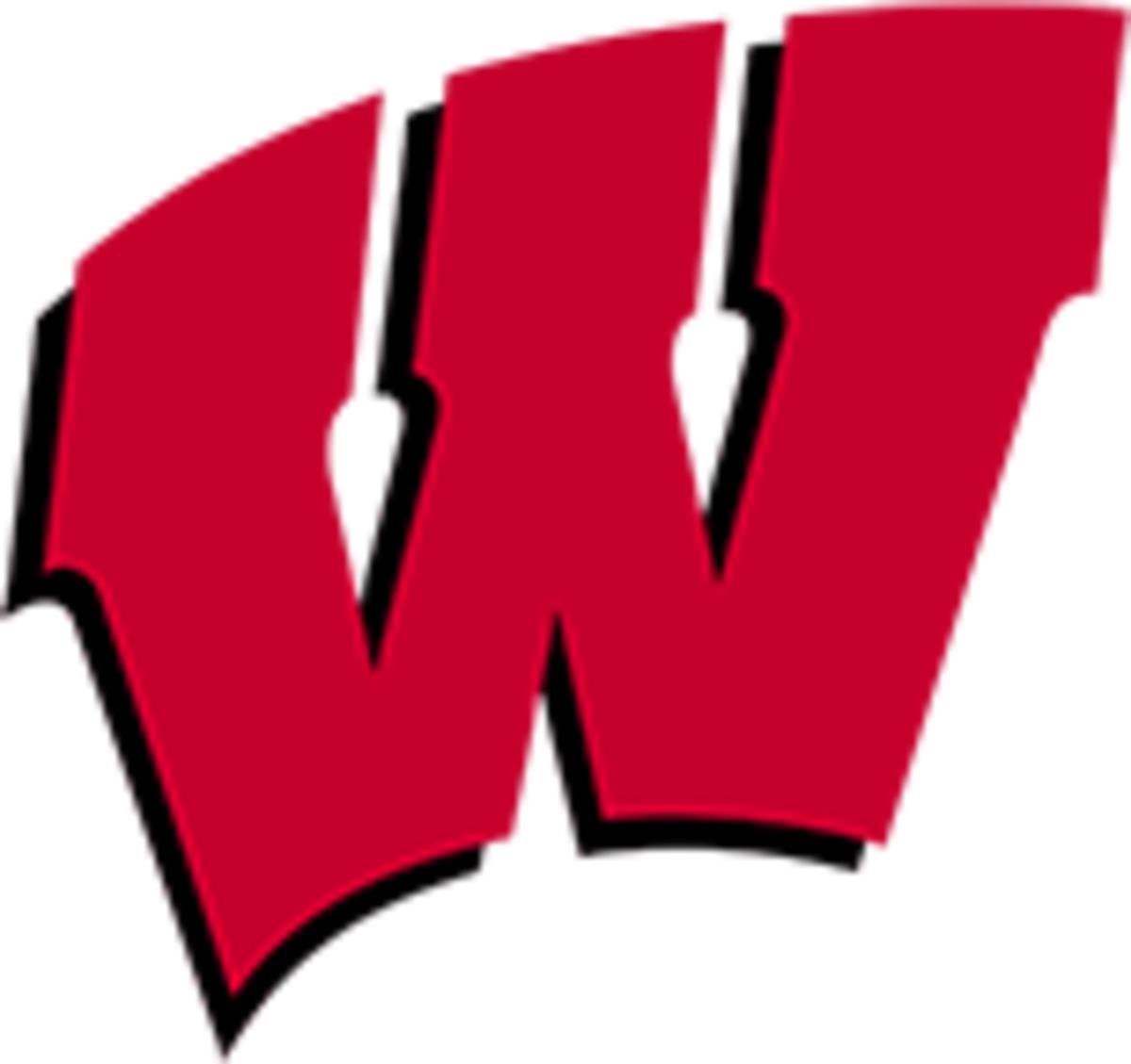
WISCONSIN
Invitees:
NOTRE DAME
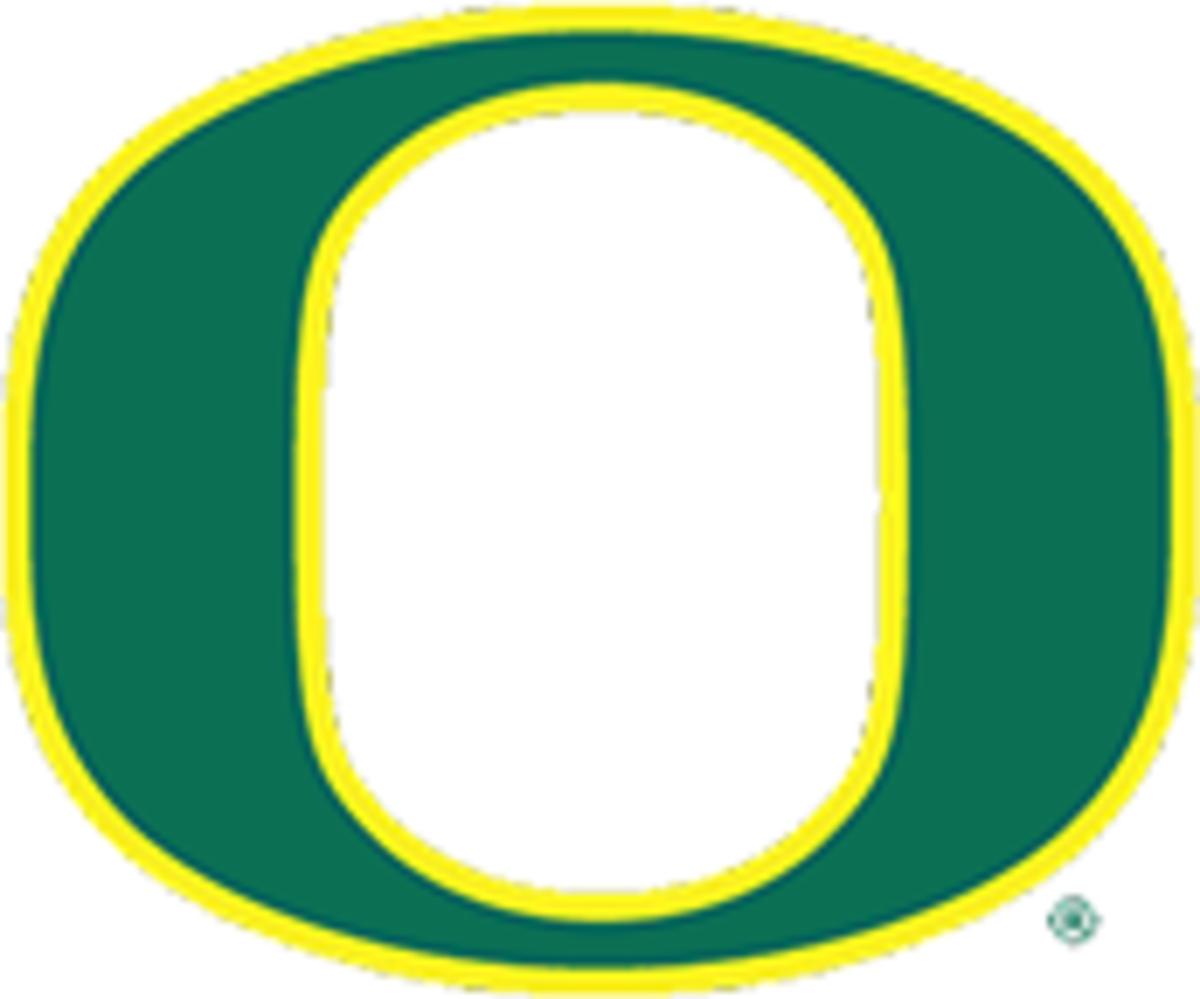
OREGON

STANFORD
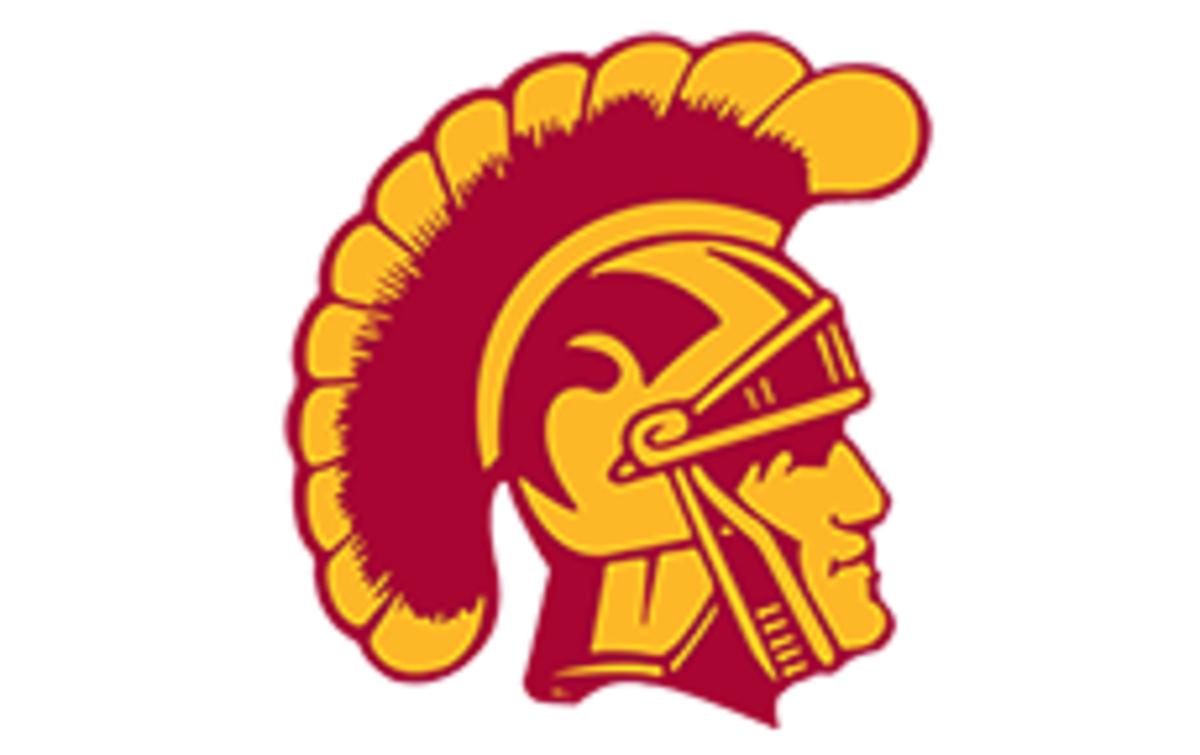
USC

UCLA
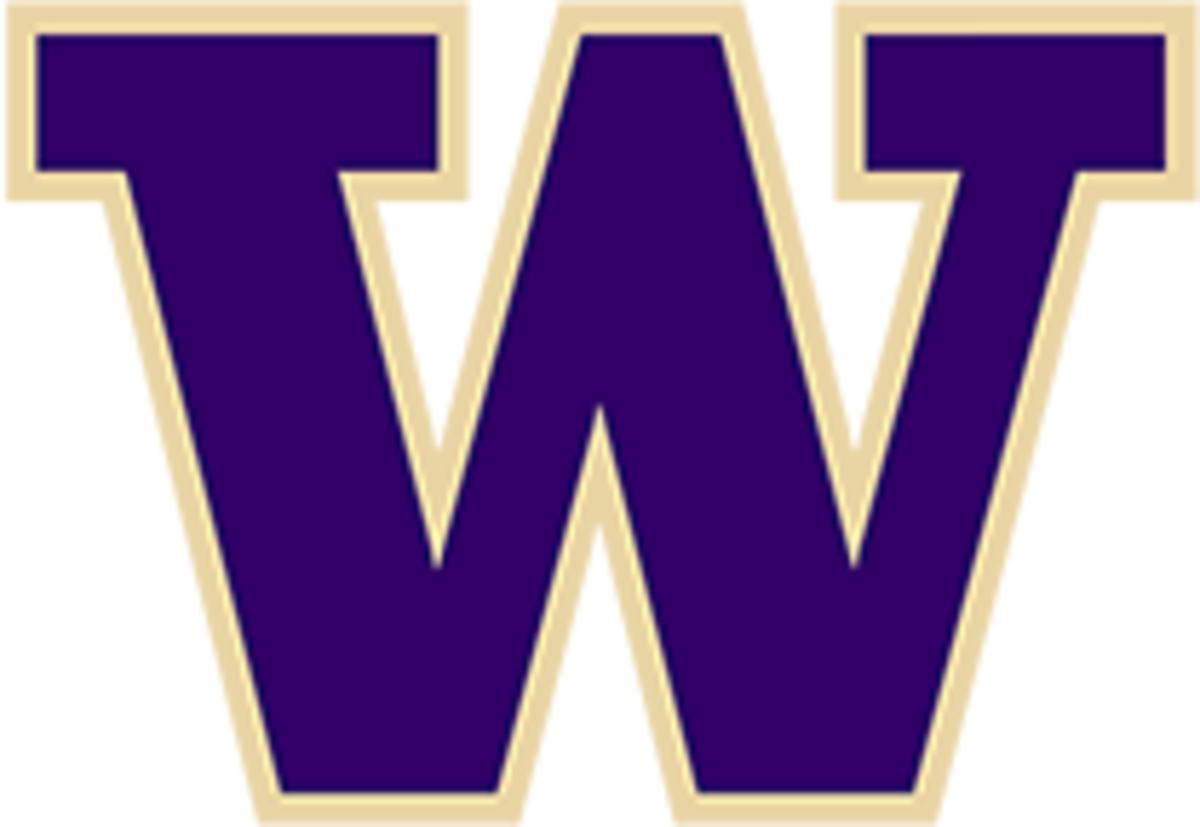
WASHINGTON
This may be the most uninteresting of all the shuffles because most of this is already in the works. USC and UCLA are already in while Washington and UCLA are said to have already applied for admission to the Big Ten also.
While Notre Dame has spent the past few years in a friends with benefits relationship with the ACC, the least surprising reveal in awkward sitcom will be when the Irish pop the question to the Big Ten.
The only mild point of discussion is whether Stanford should have gotten in over California and Pittsburgh, but that discussion is a short one as Stanford's academic resume and overall athletic success make it a better fit.
POD 1
USC, UCLA, Stanford, Washington, Oregon
POD 2
Illinois, Nebraska, Northwestern, Iowa, Minnesota
POD 3
Michigan, Michigan St., Indiana, Wisconsin, Notre Dame
POD 4
Maryland, Rutgers, Penn St., Ohio St., Purdue
BIG 12
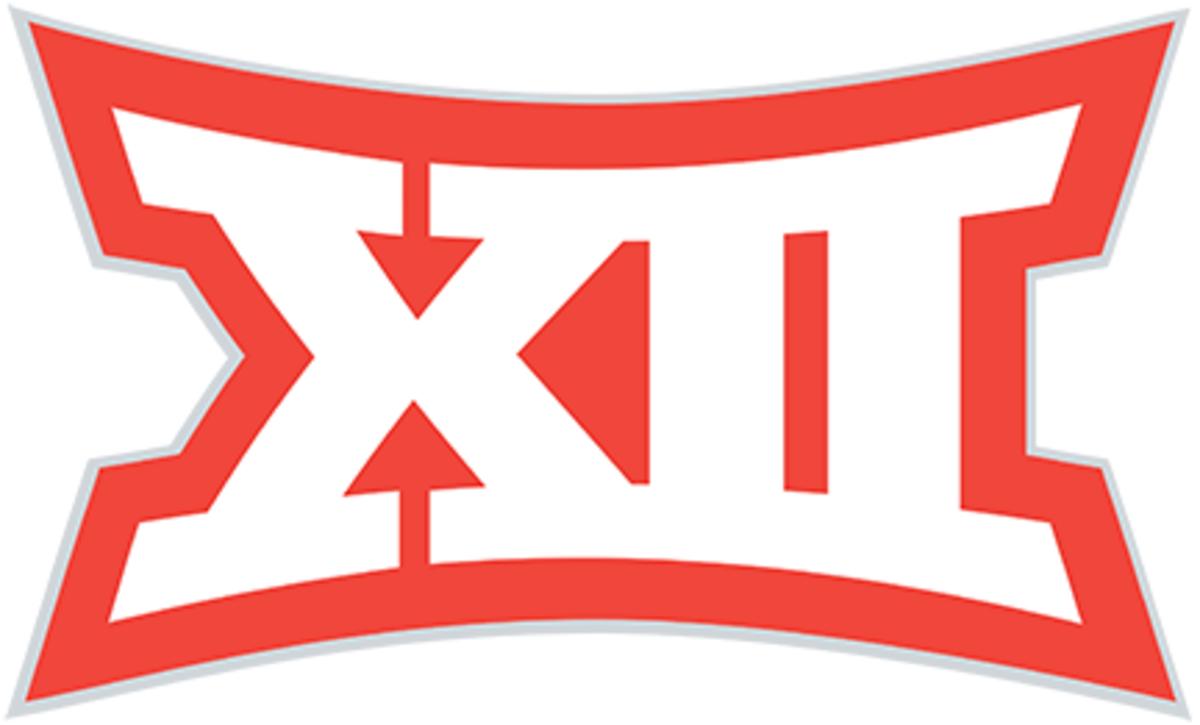
Automatic bids:

BAYLOR
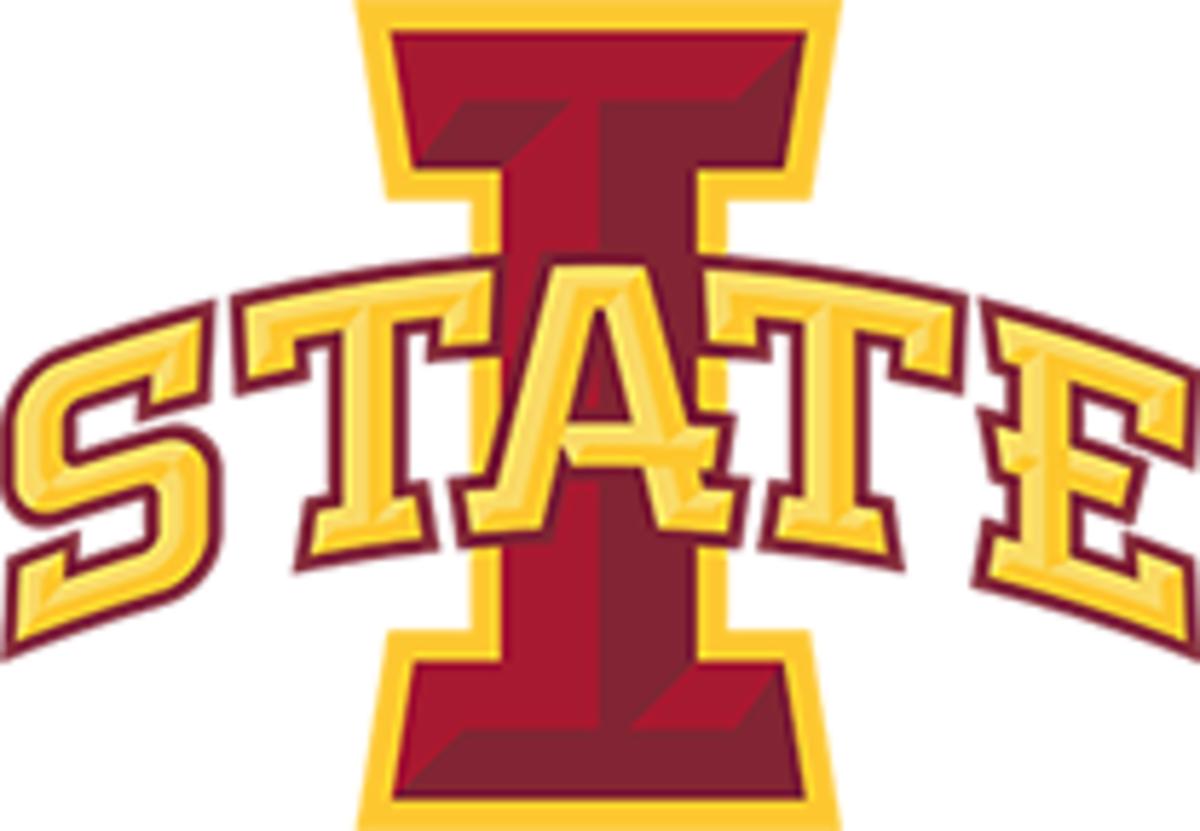
IOWA ST.
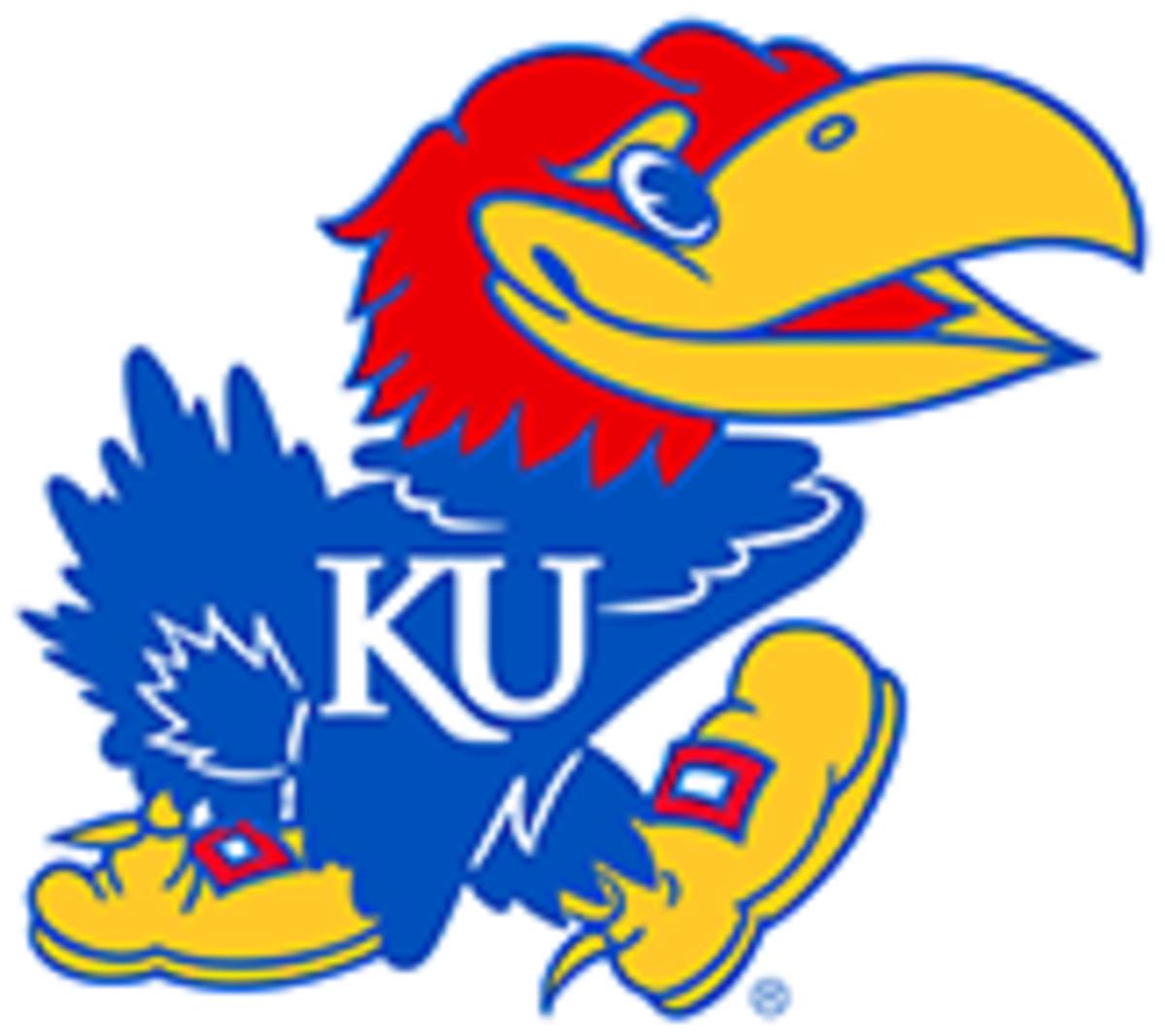
KANSAS
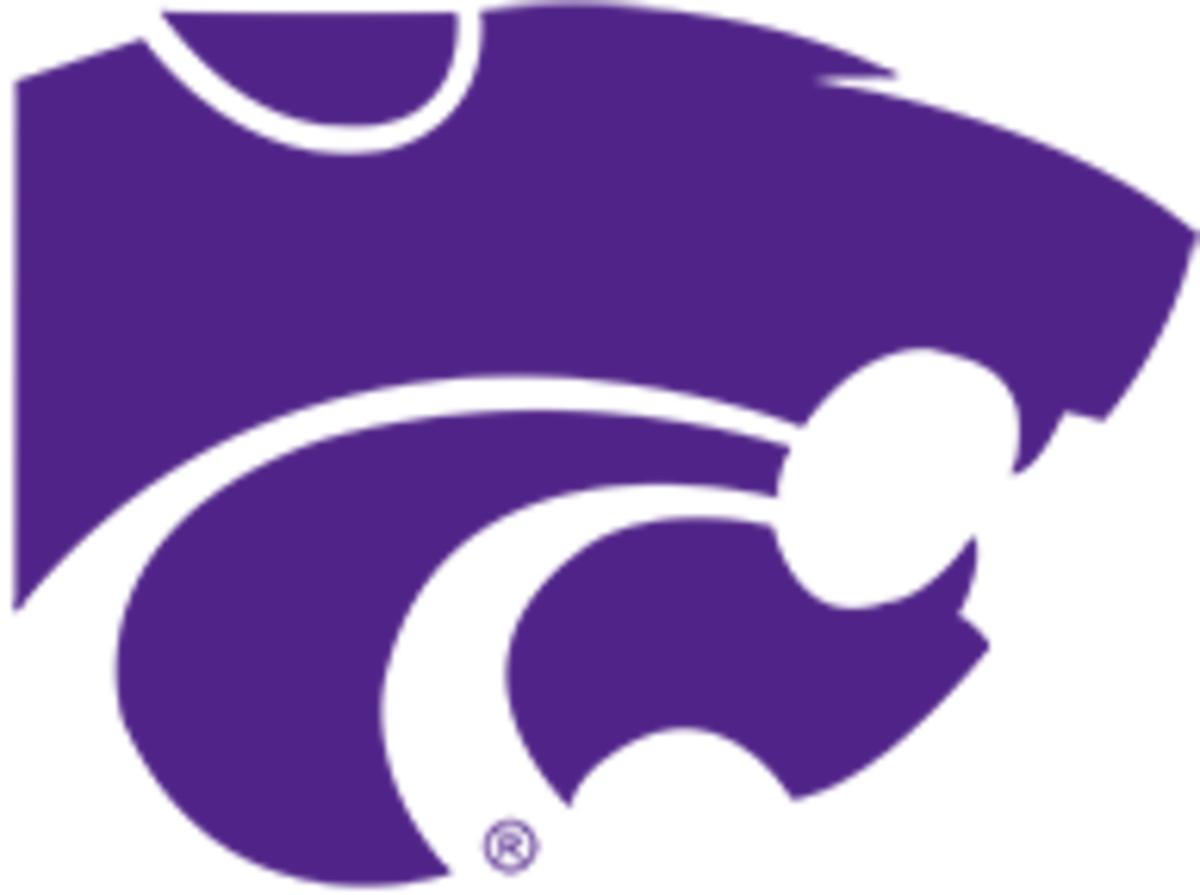
KANSAS ST.
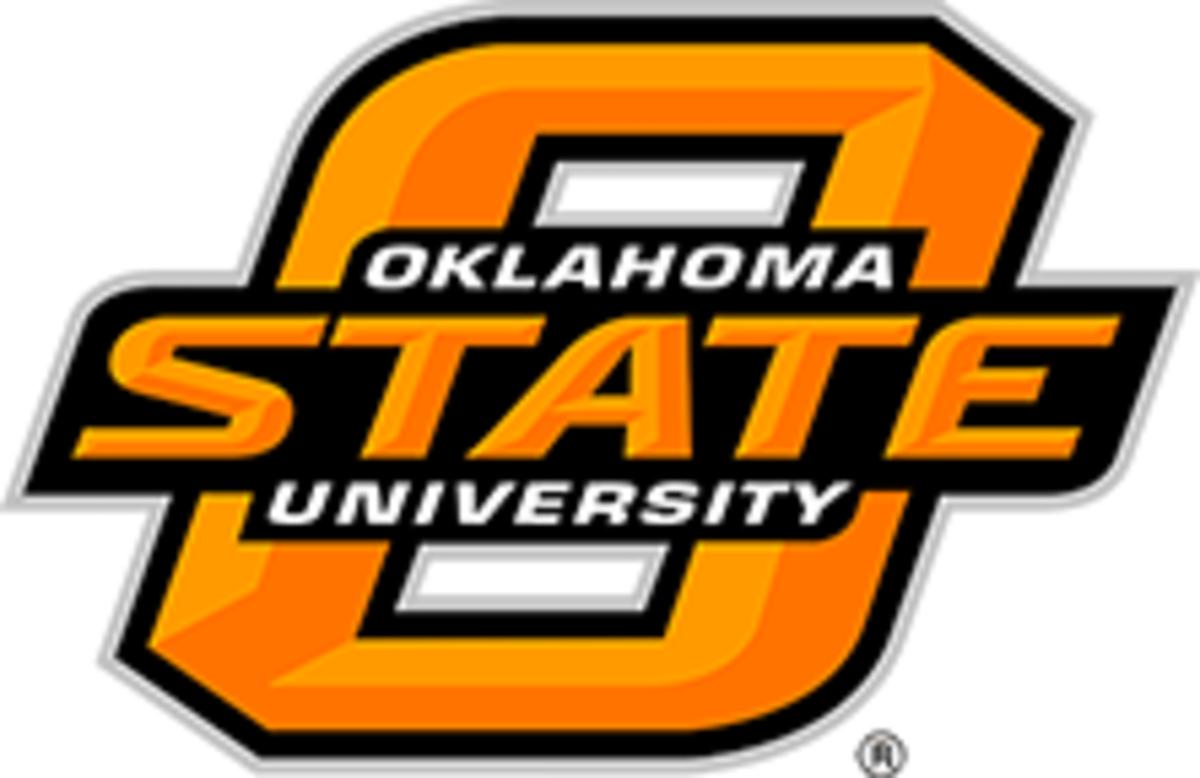
OKLAHOMA STATE
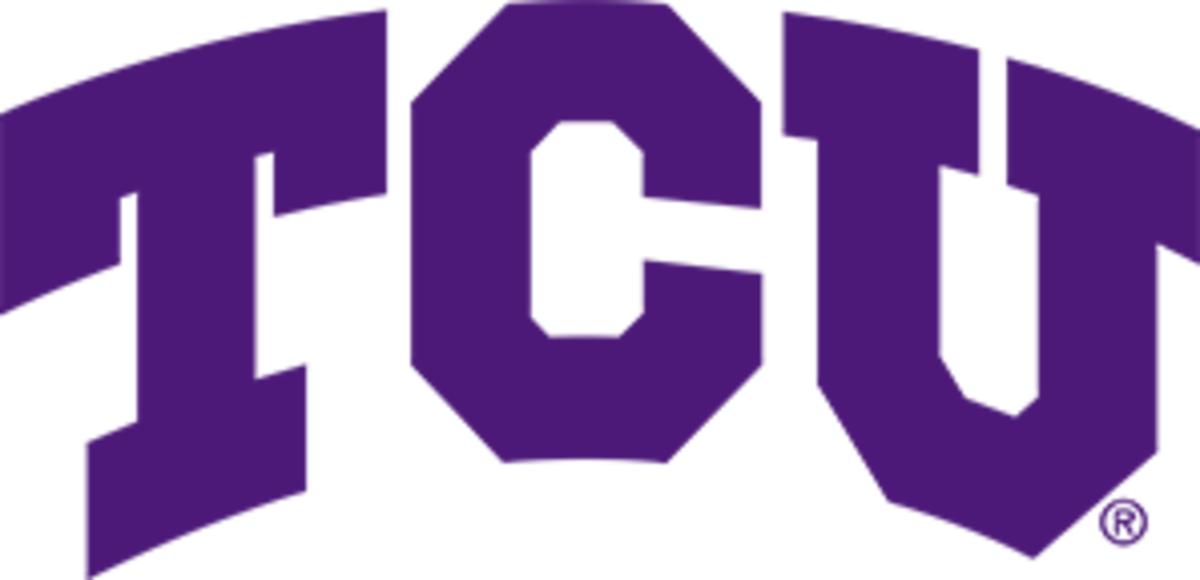
TCU
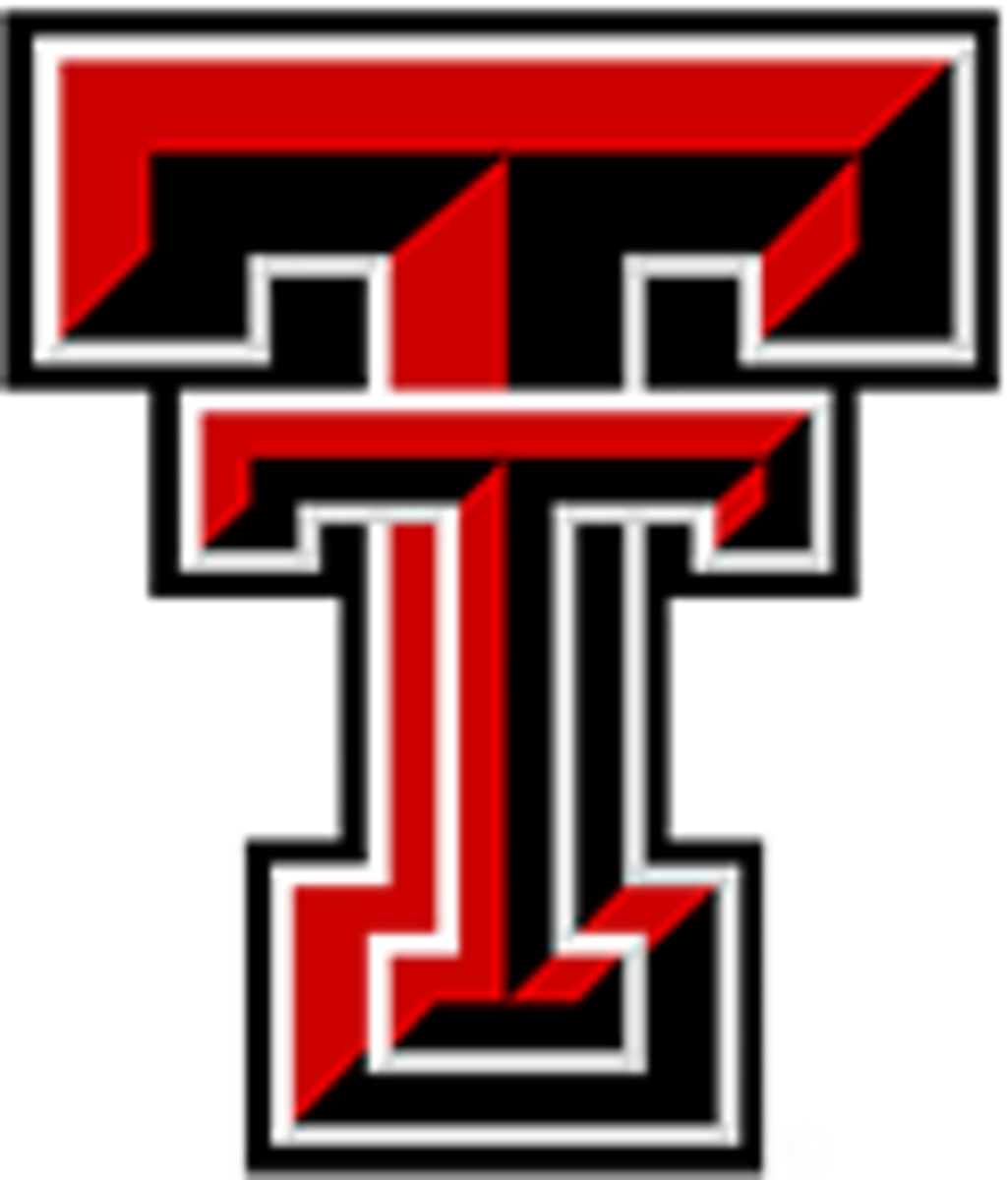
TEXAS TECH
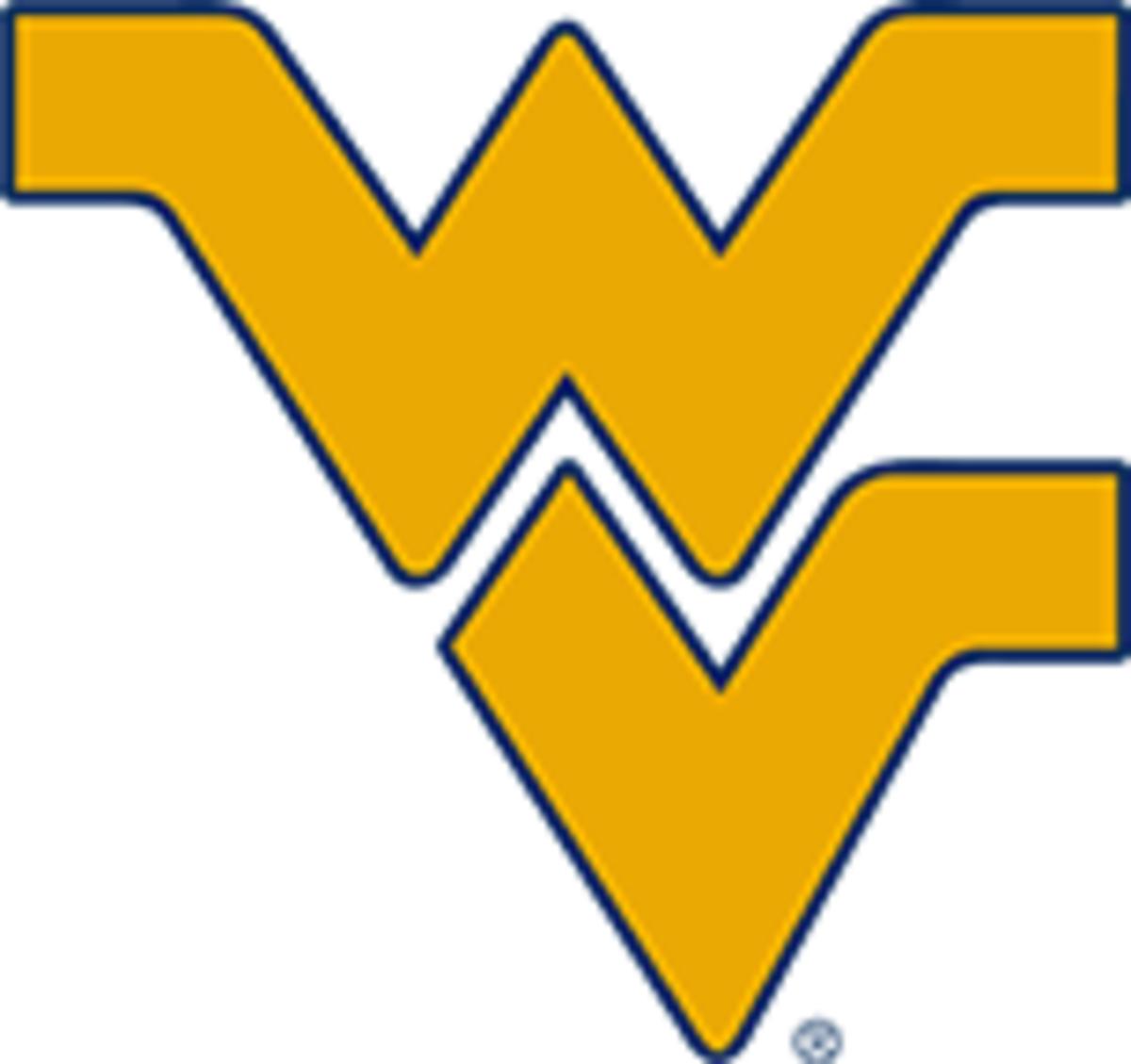
WEST VIRGINIA
Invitees:
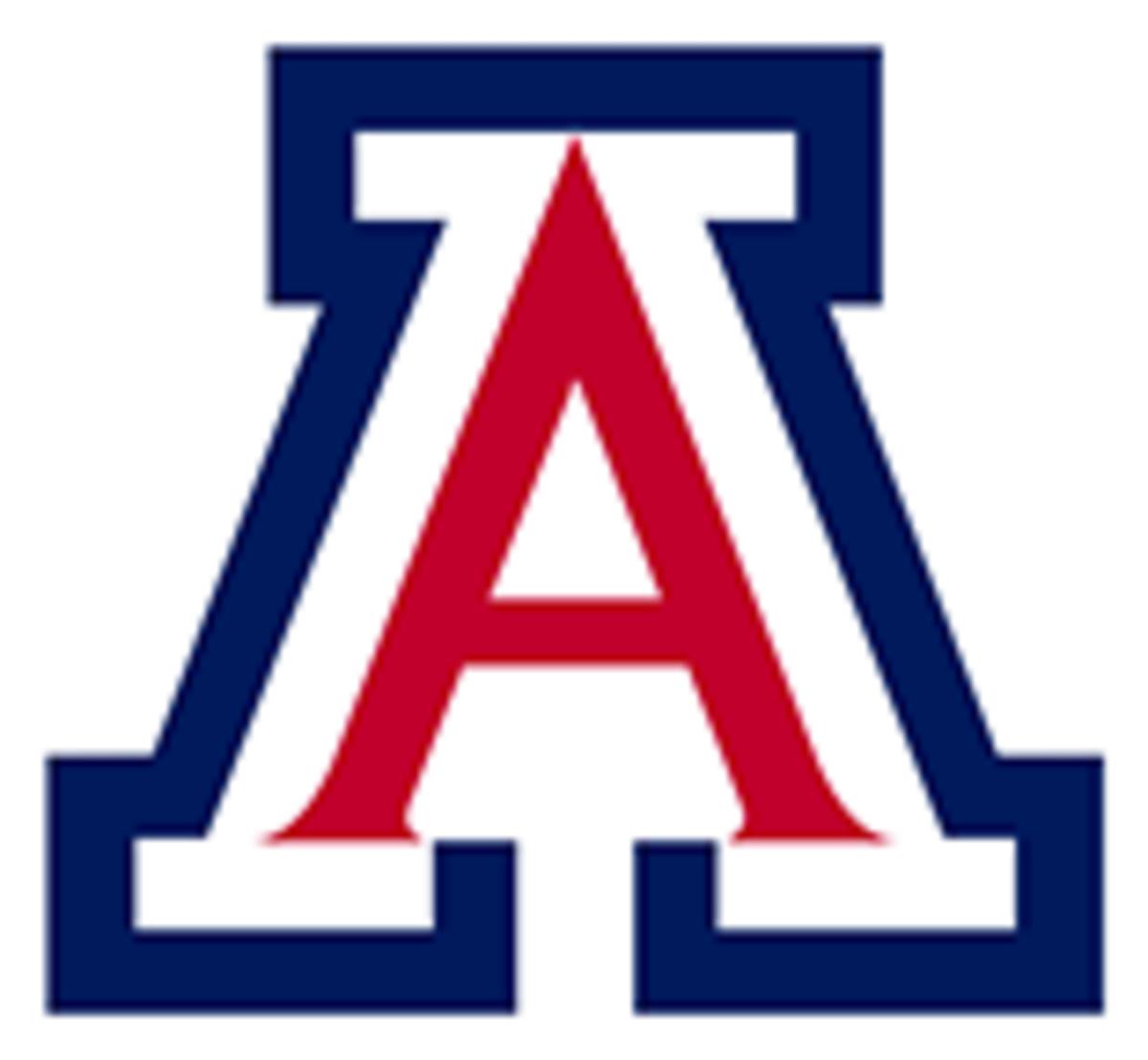
ARIZONA
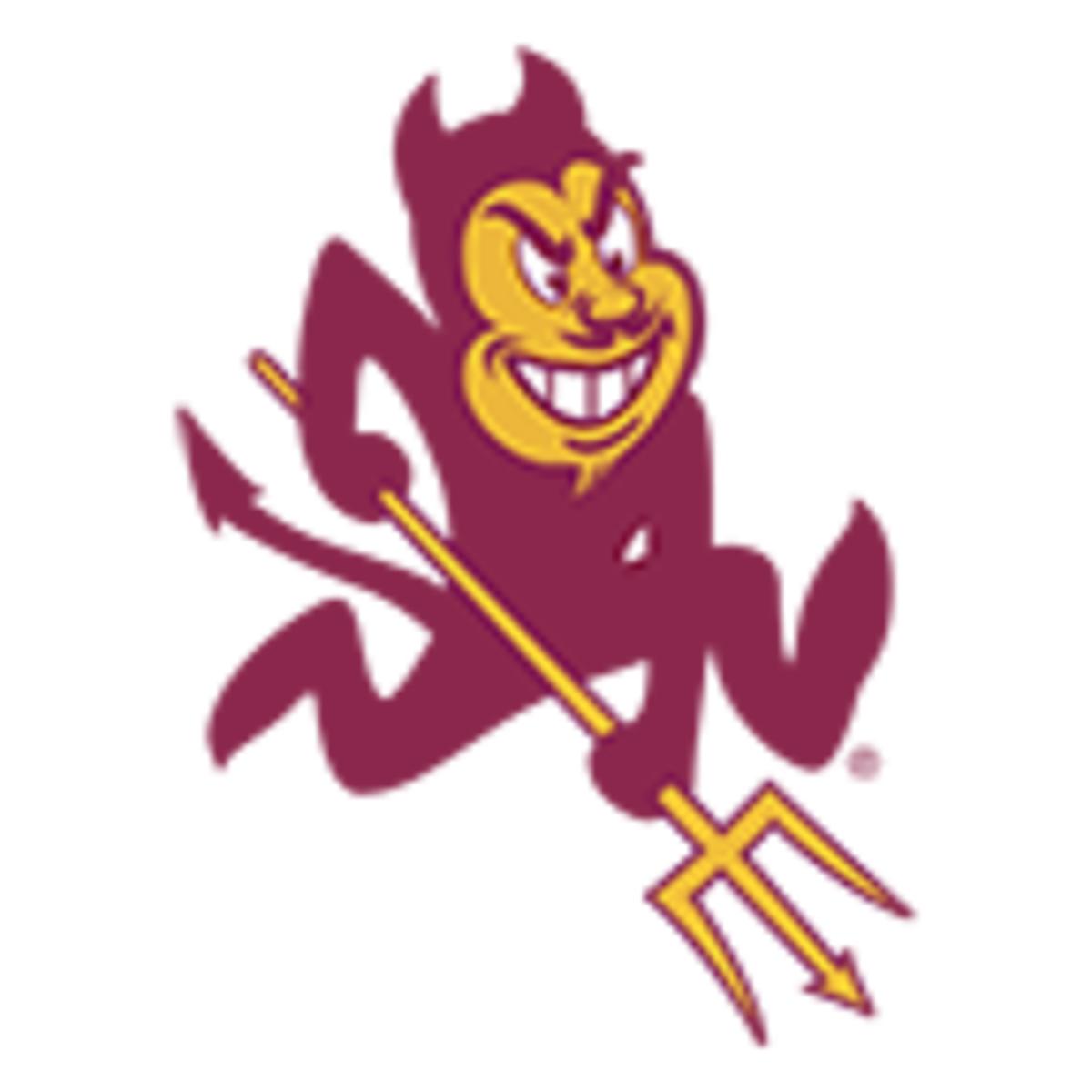
ARIZONA STATE
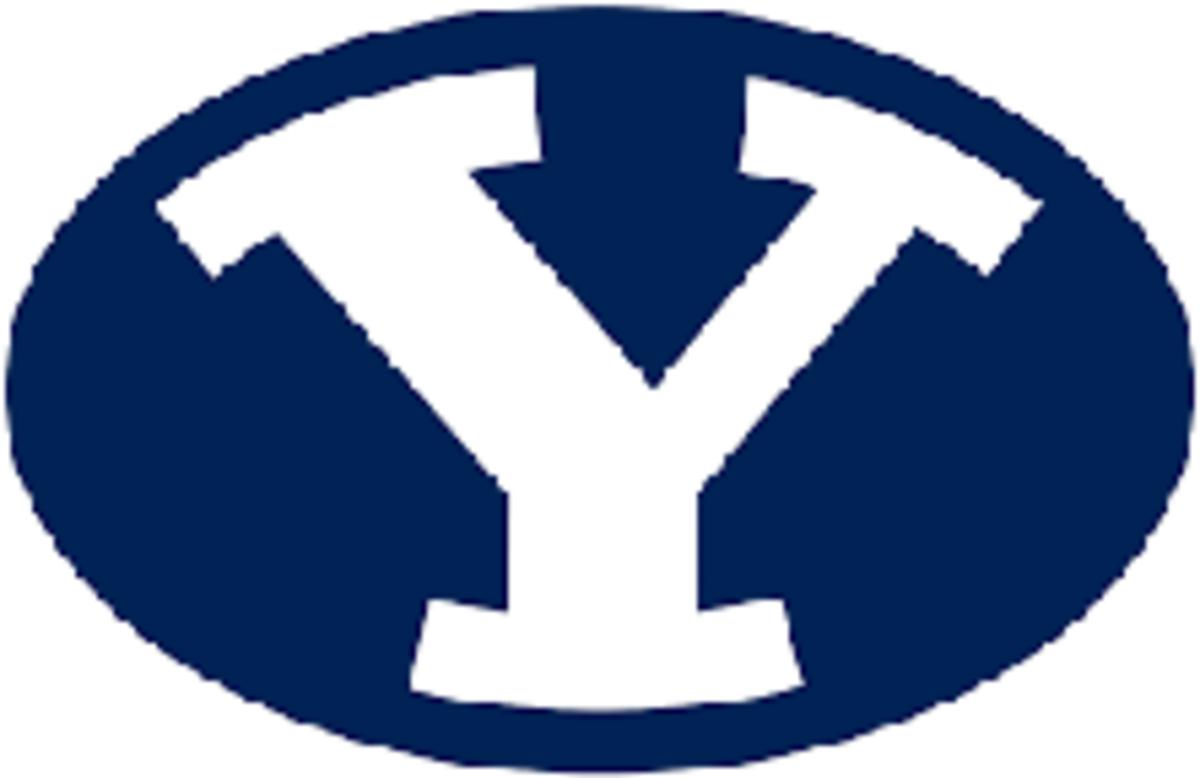
BYU
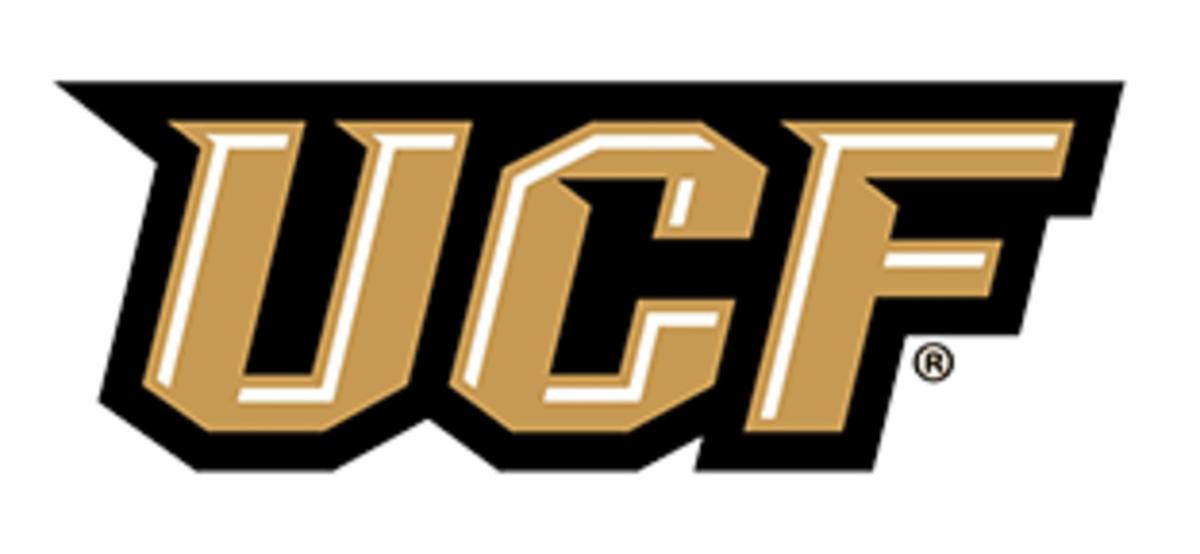
CENTRAL FLORIDA

CINCINNATI

COLORADO
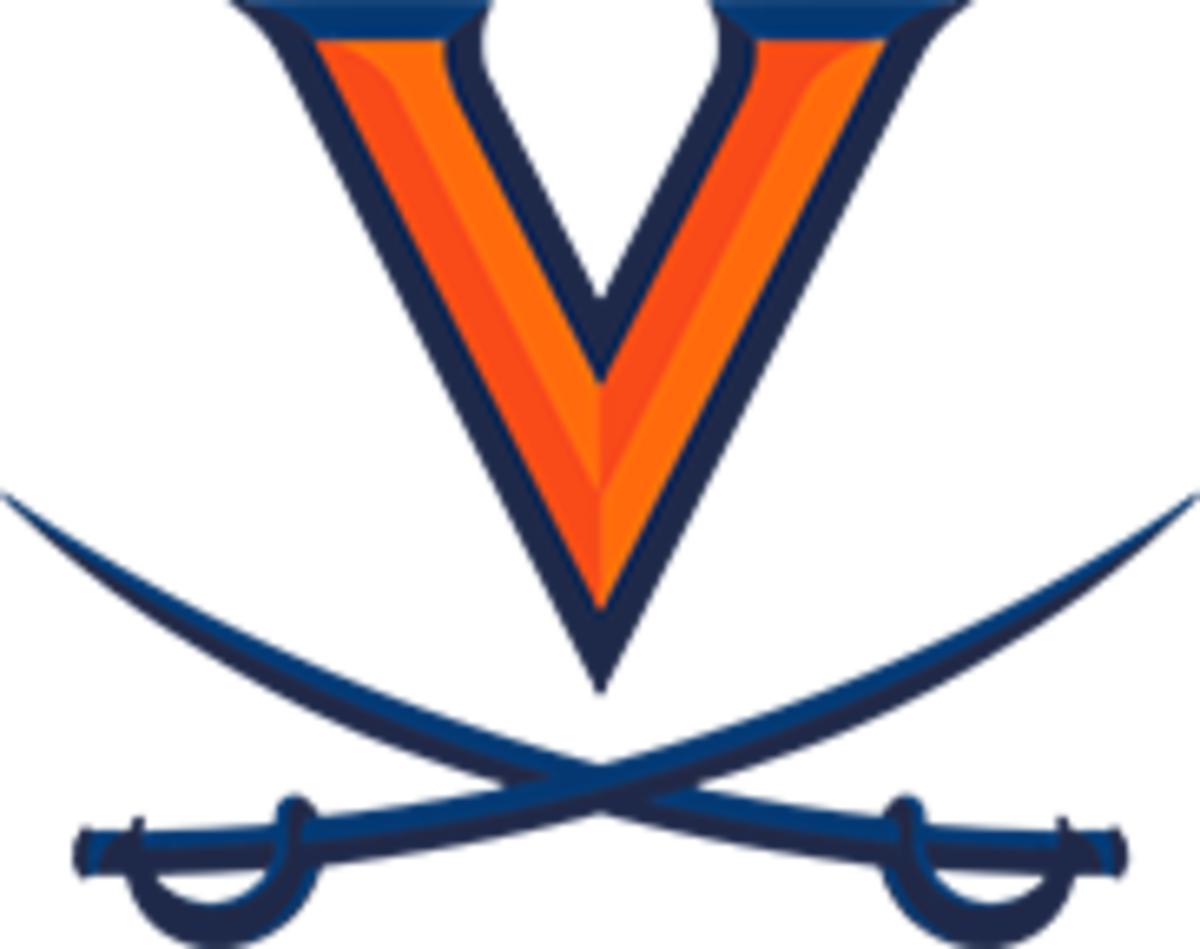
VIRGINIA
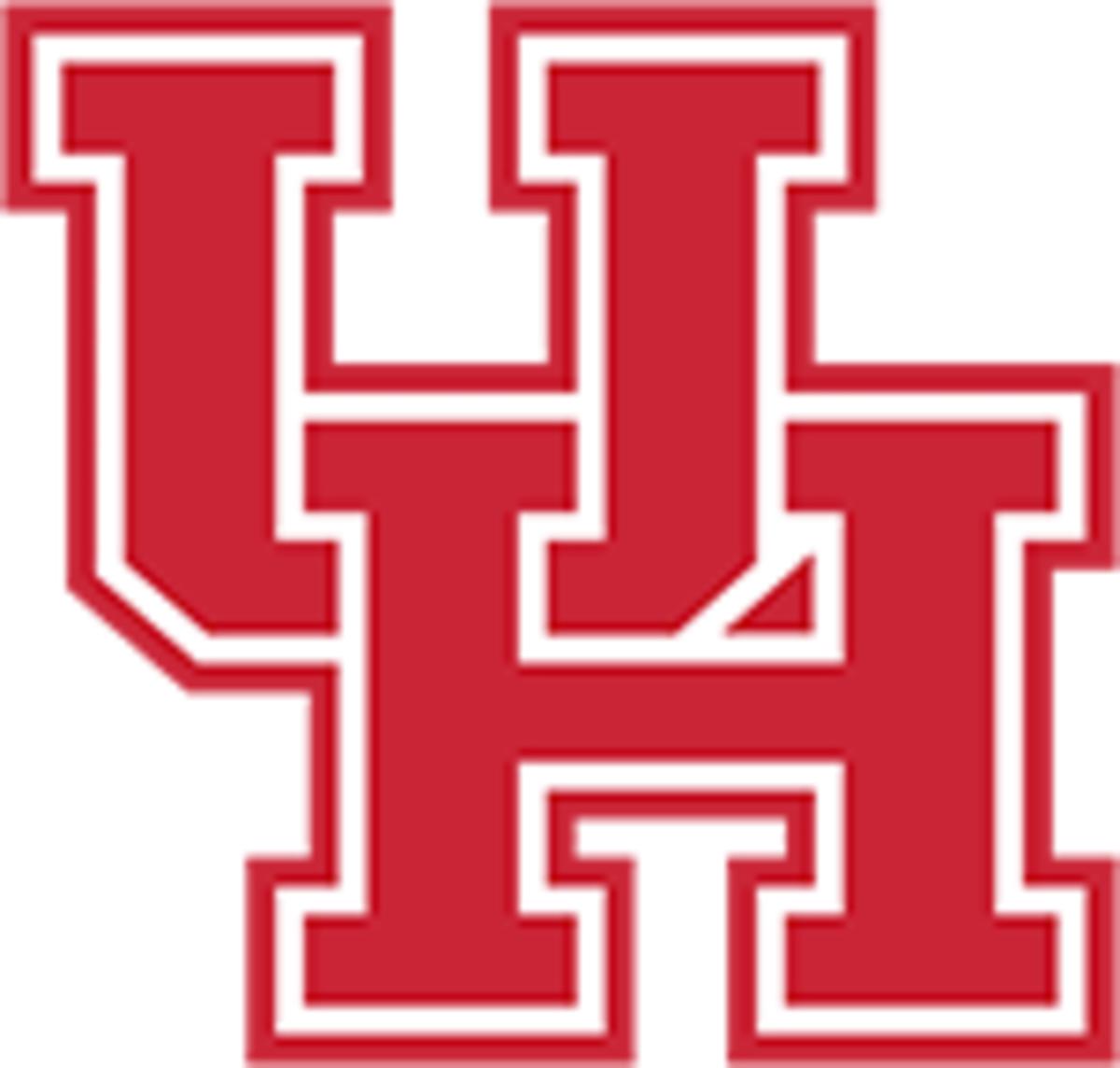
HOUSTON
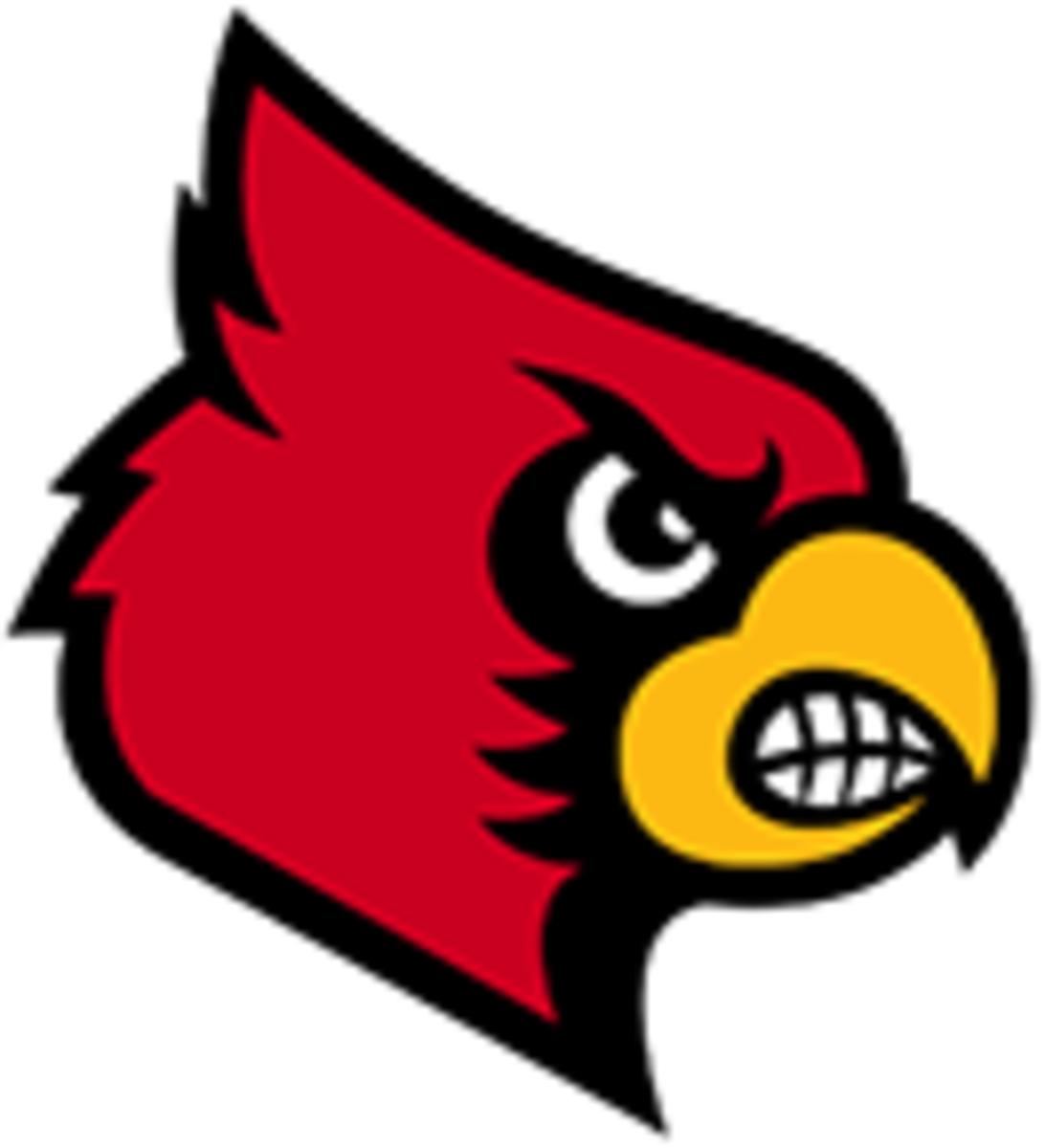
LOUISVILLE
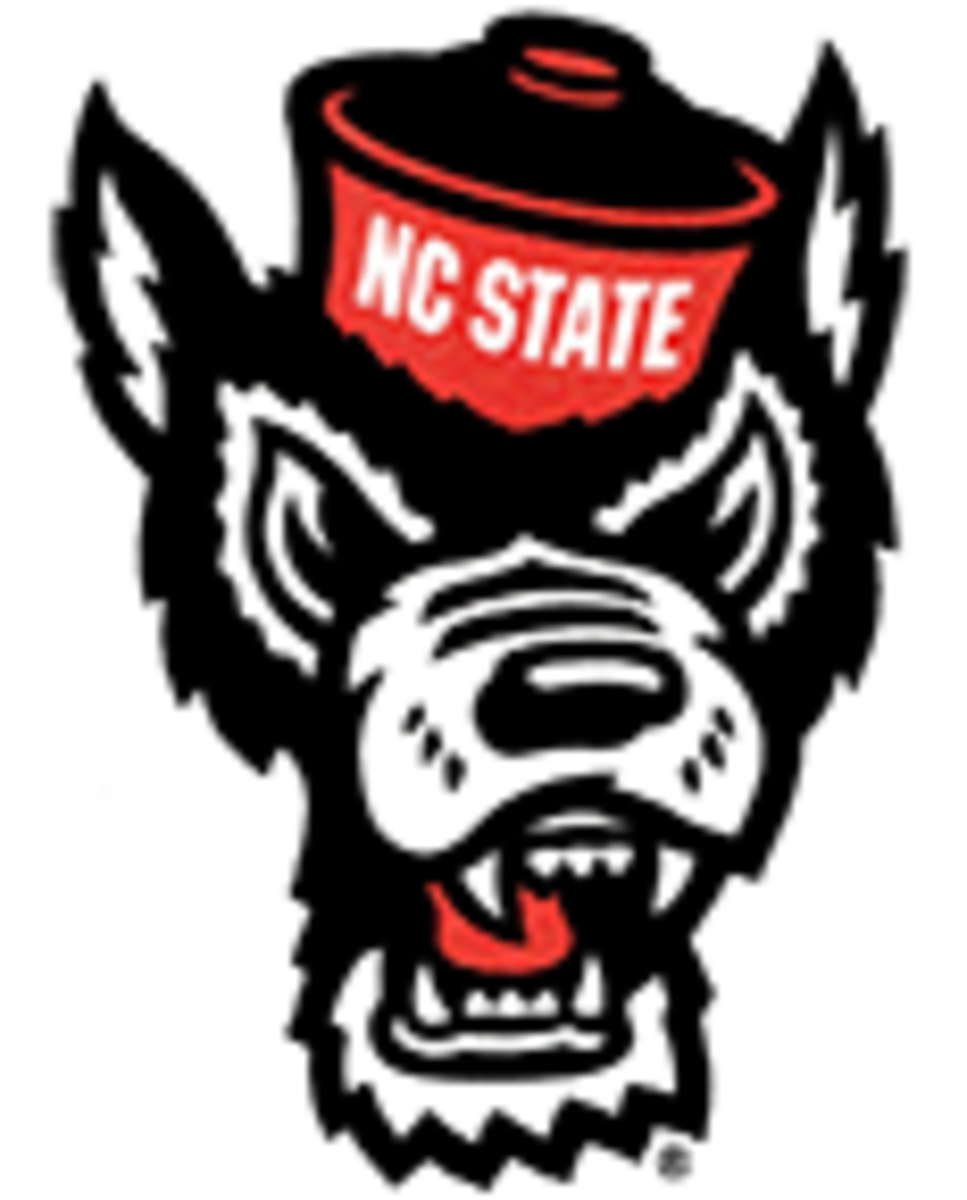
NORTH CAROLINA STATE
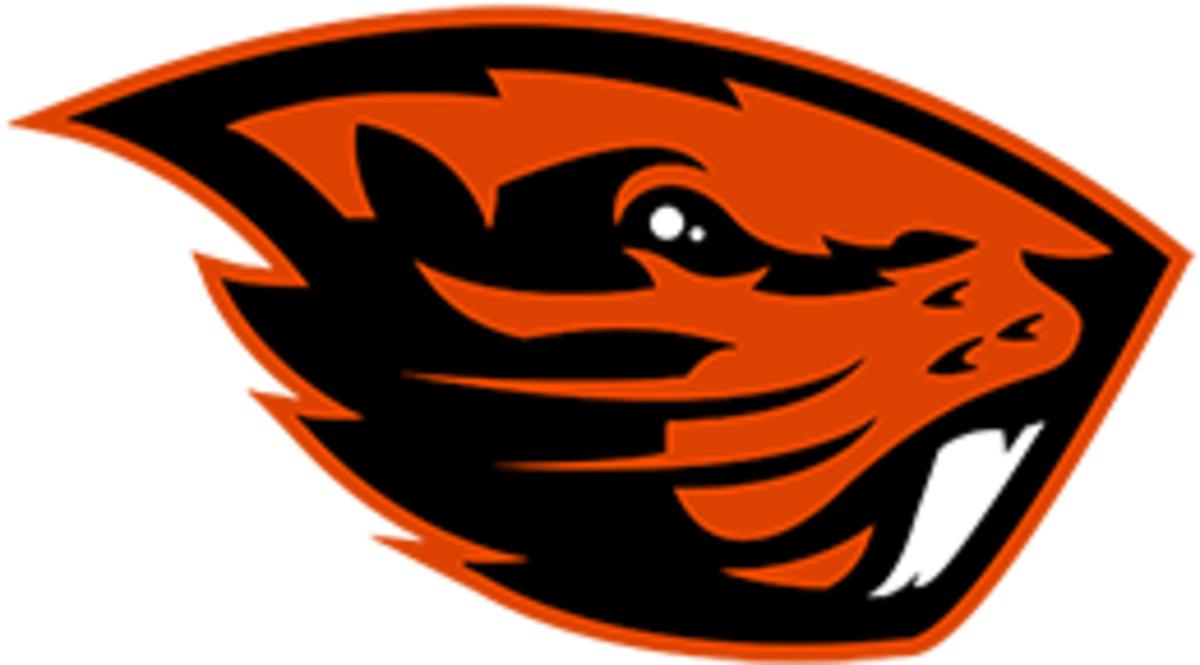
OREGON STATE
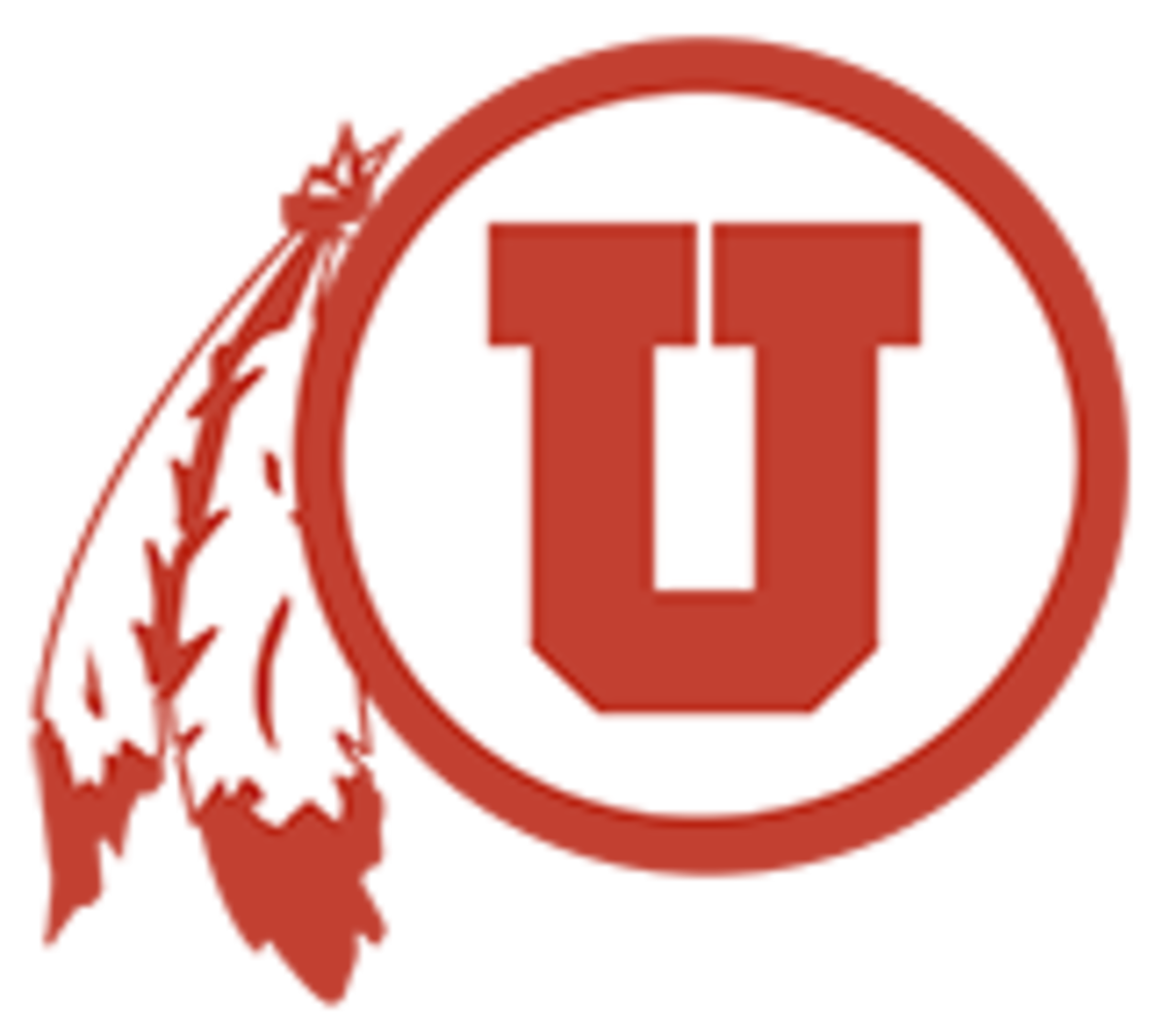
UTAH
By panicking once Oklahoma and Texas opted to leave for the SEC, the Big 12 caused some big names to be left out in the cold. That's fortunate for BYU, Cincinnati, Central Florida and Houston as they will now have the clout needed to develop into powerful programs.
The final decision came down to Virginia, Georgia Tech and Miami. However, Central Florida provides the conference viewers in Florida and the Hurricanes haven't been a blue blood in football and baseball in a long time.
The Yellowjackets potentially opens up Georgia, but that will always be SEC country and the Georgia Bulldogs are top draw in the Peach state. That leaves Virginia to open up not only the state, but the Washington D.C. market, so the Cavaliers get a slight edge for the nod.
It was also tempting to take on the Cal Bears to gain access to the California market, but most of America doesn't know the University of California still plays sports.
Additionally, there was a decision to be made between Pitt and Louisville. Pitt brings a semi-major television market, but it's strictly a pro sports town that is actually half the size of Louisville.
Add in that Louisville is traditionally more consistent in football and basketball over time and also provides a nice travel partner for many teams, and the decision becomes easy.
These moves give the Big 12 the ability to tell the networks and streaming services that they reach every body of water that borders the U.S., including the Gulf of Mexico. Every time zone is represented, as are 14 states.
POD SET-UP
POD 1
Oregon State, Utah, Colorado, Arizona, Arizona St.
POD 2
TCU, Texas Tech, Houston, Baylor, Oklahoma St.
POD 3
BYU, Kansas St., Kansas, Iowa St., Cincinnati
POD 4
Virginia, Central Florida, West Virginia, North Carolina St., Louisville
Notables left out:
• California
• Miami
• Pittsburgh
• Georgia Tech
• Boston College
• Syracuse
• Boise State
• Virginia Tech

HOGS FEED:
COLLEGE PROGRAMS ADMIT MONEY IMPORTANT, NOT FANS
AGGIES CAUGHT ON CAMERA DOING WHAT FISHER SAYS THEY DON'T
ARKANSAS COACHES BUCKING ODDS IN RECRUITING
RECRUITING DAY 5: ALABAMA SAFETY COULD BE SOLUTION TO REPLACING JALEN CATALON
DOMINOES FOR SUPERCONFERENCES FALL WITH BIG 10 MOVES
RAZORBACK STARTING OUTFIELDER ENTERS TRANSFER PORTAL
ANOTHER RAZORBACK BASEBALL PLAYER ENTERS TRANSFER PORTAL
HOGS GET KENTUCKY TWICE THIS SEASON ON HOME-AND-HOME
THREE DIAMOND HOGS HIT TRANSFER PORTAL
HAVE LONGHORNS CAUGHT HOGS IN RECRUITING?
ESPN TALKING HEAD SAYS HOGS 3 TDS BETTER THAN TEXAS EVEN WITH ARCH MANNING

• Want to join in on the discussion? Click here to become a member of the allHOGS message board community today!
